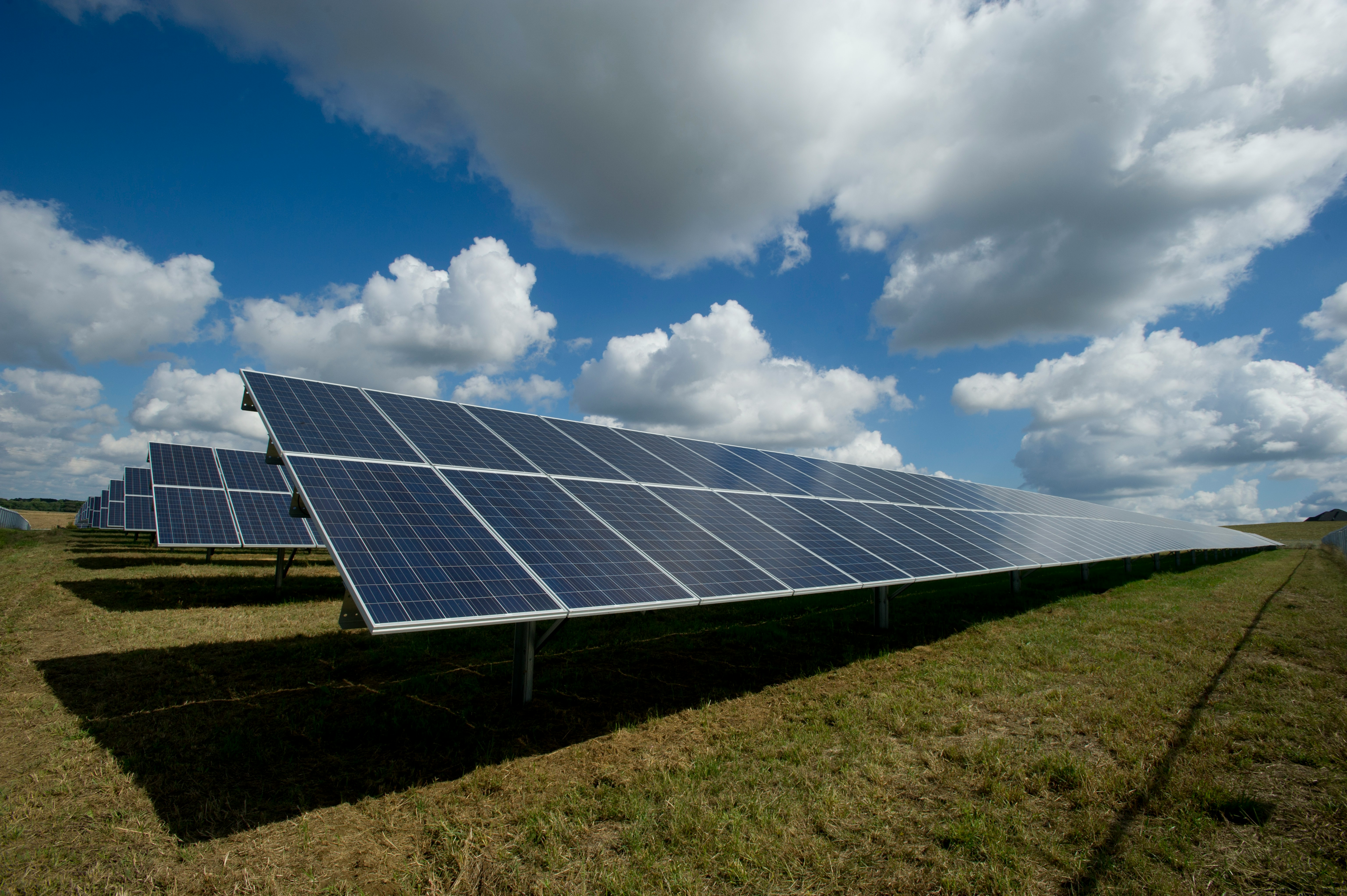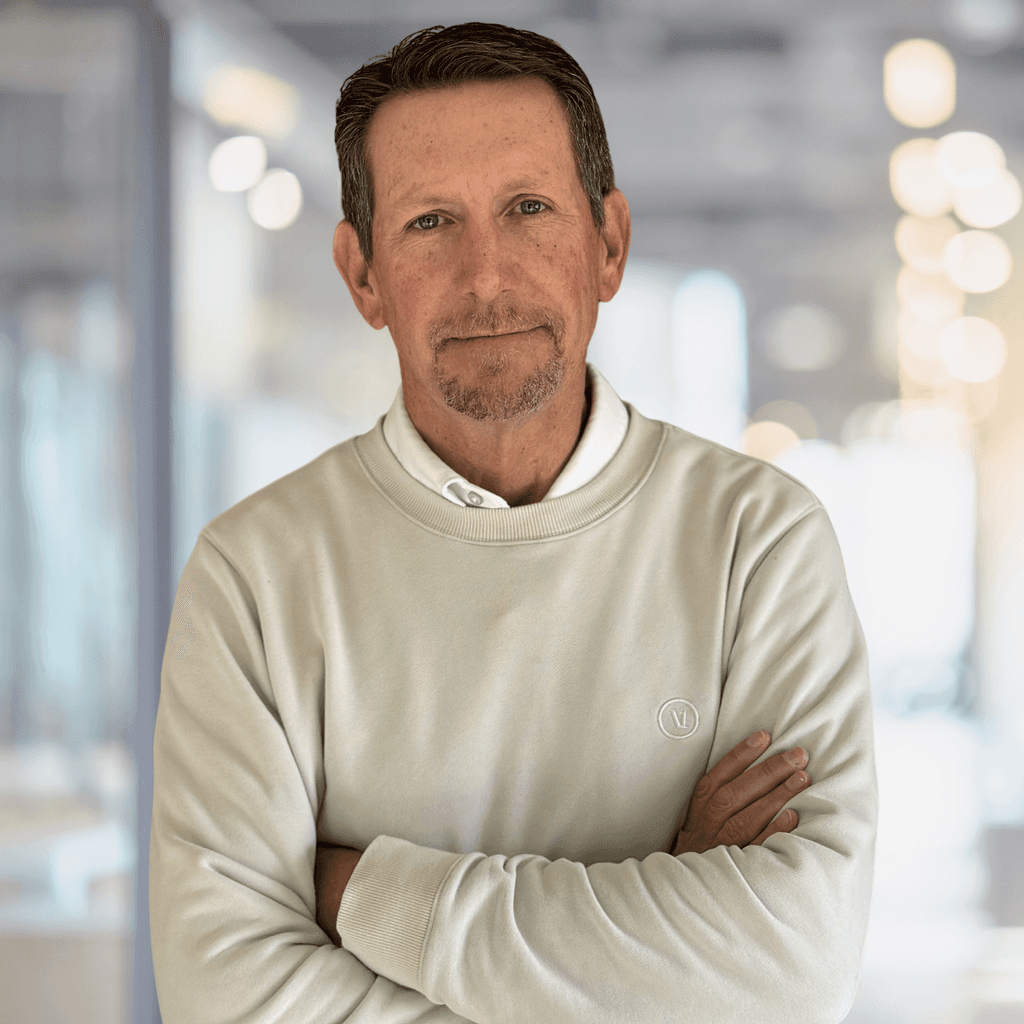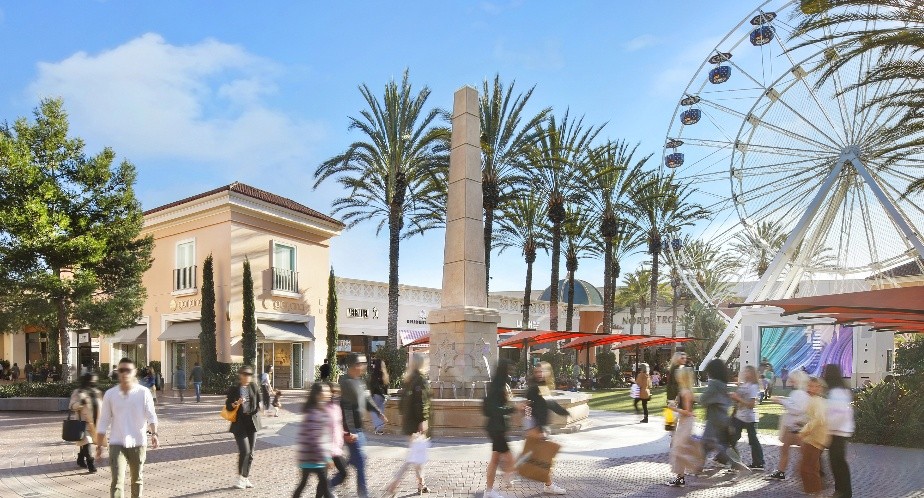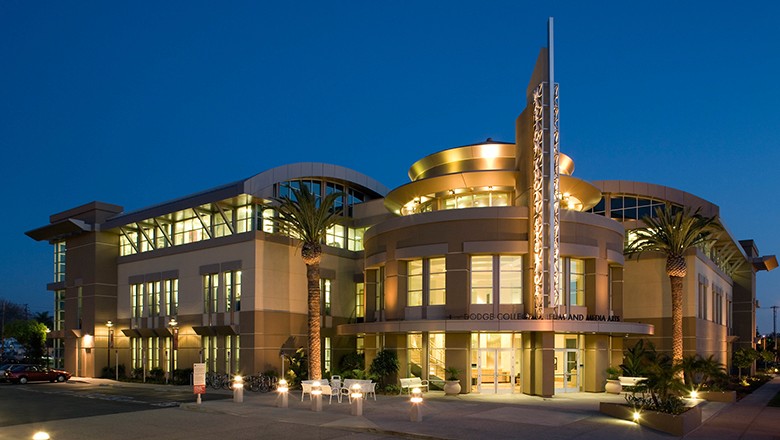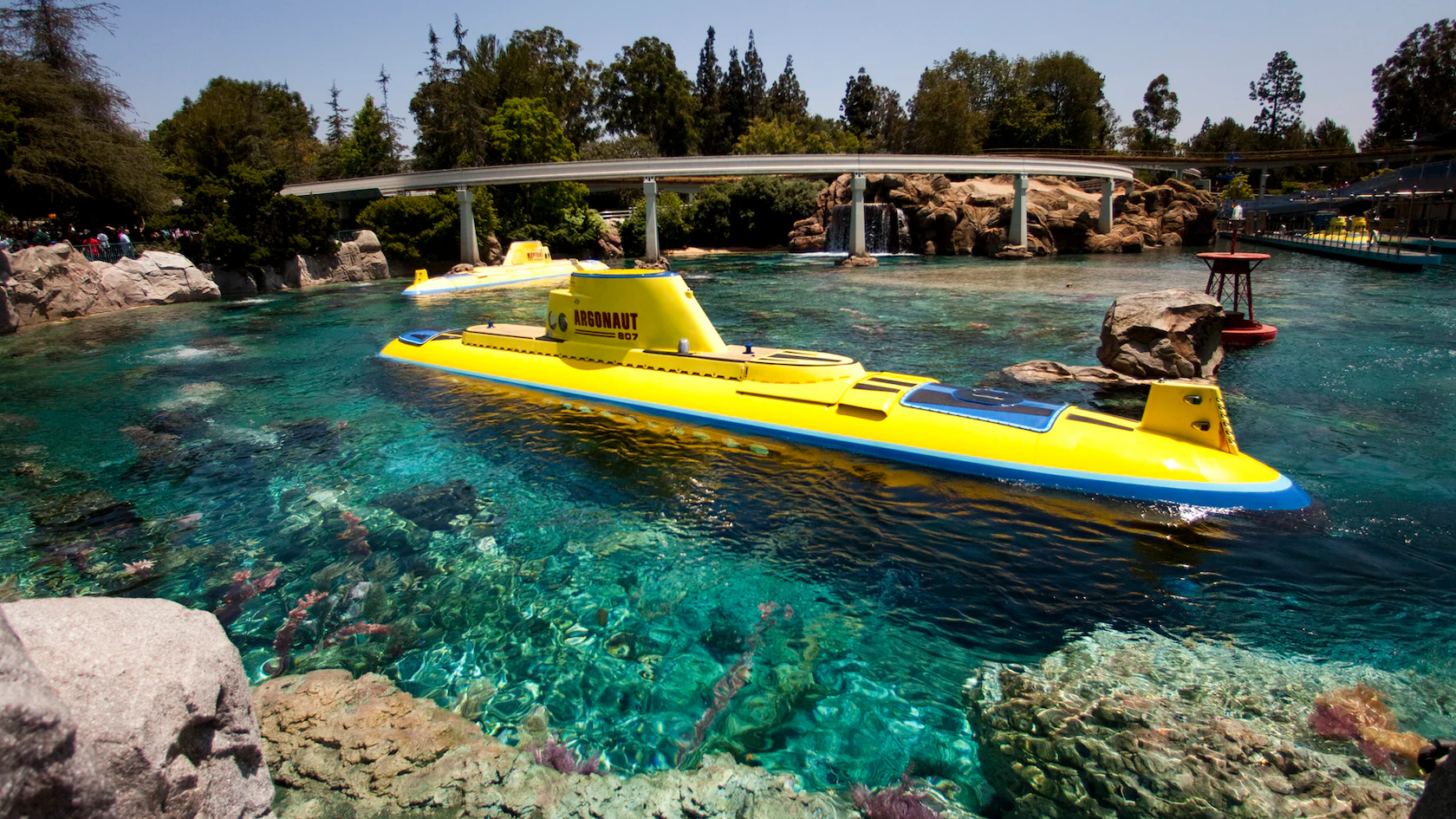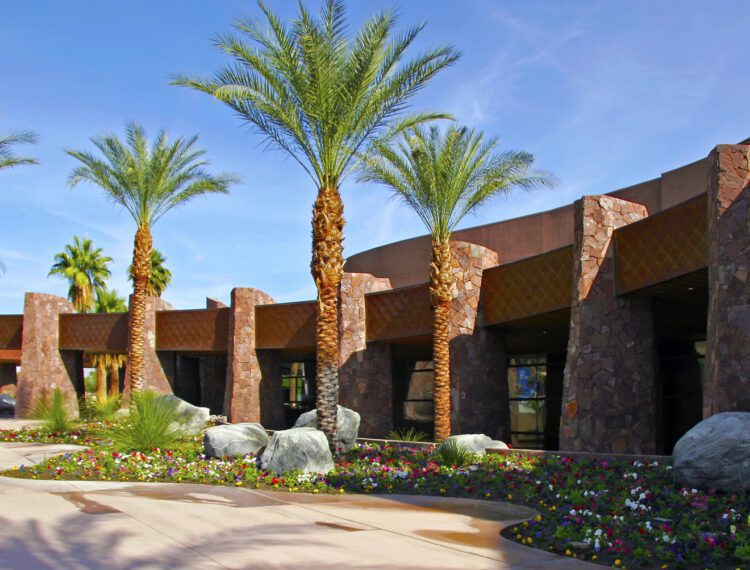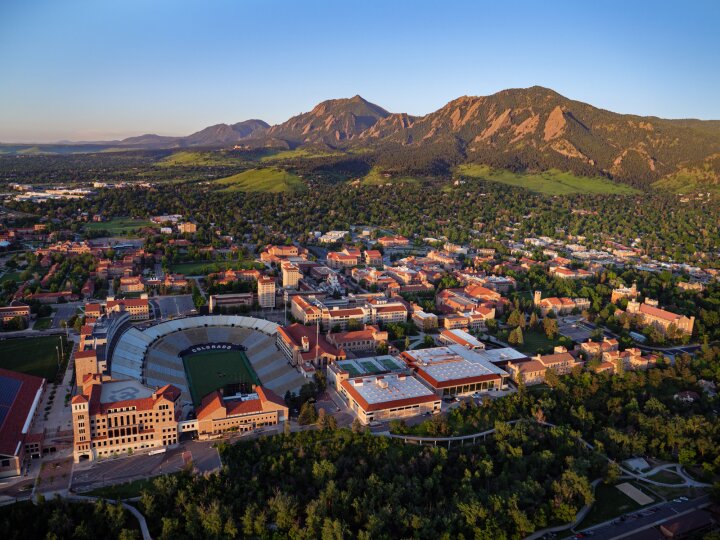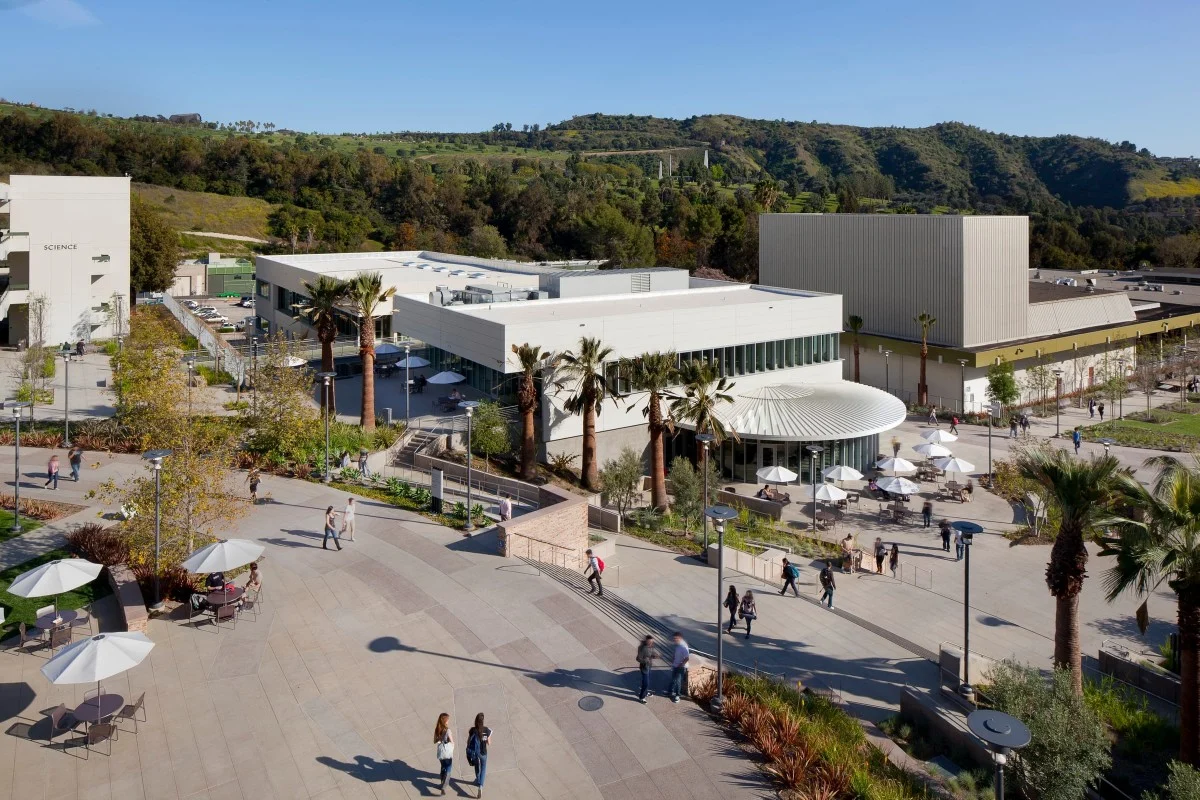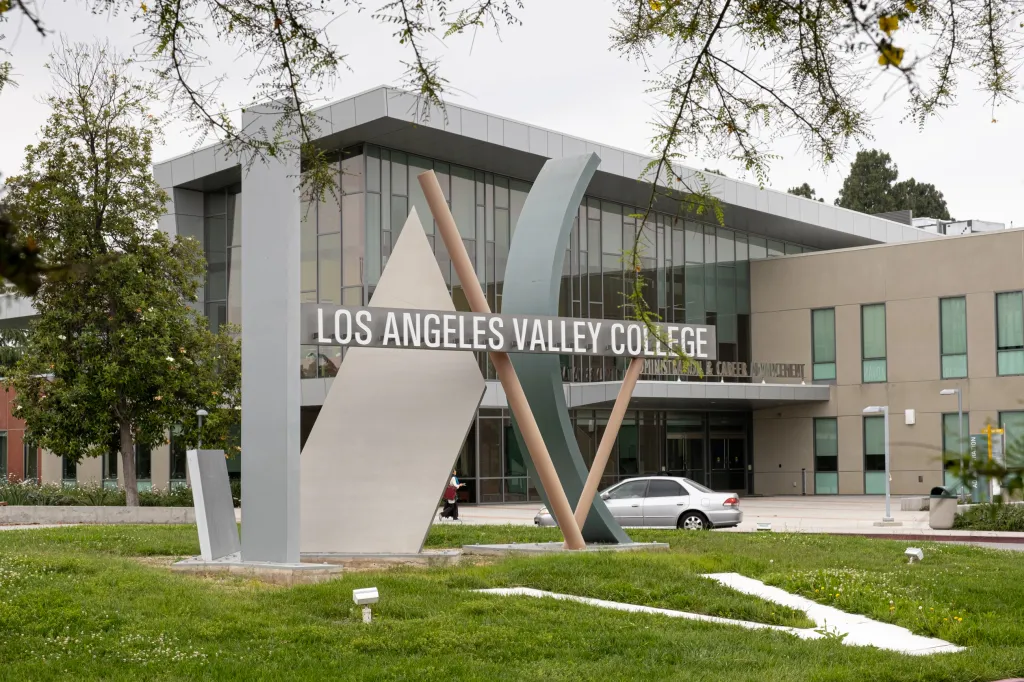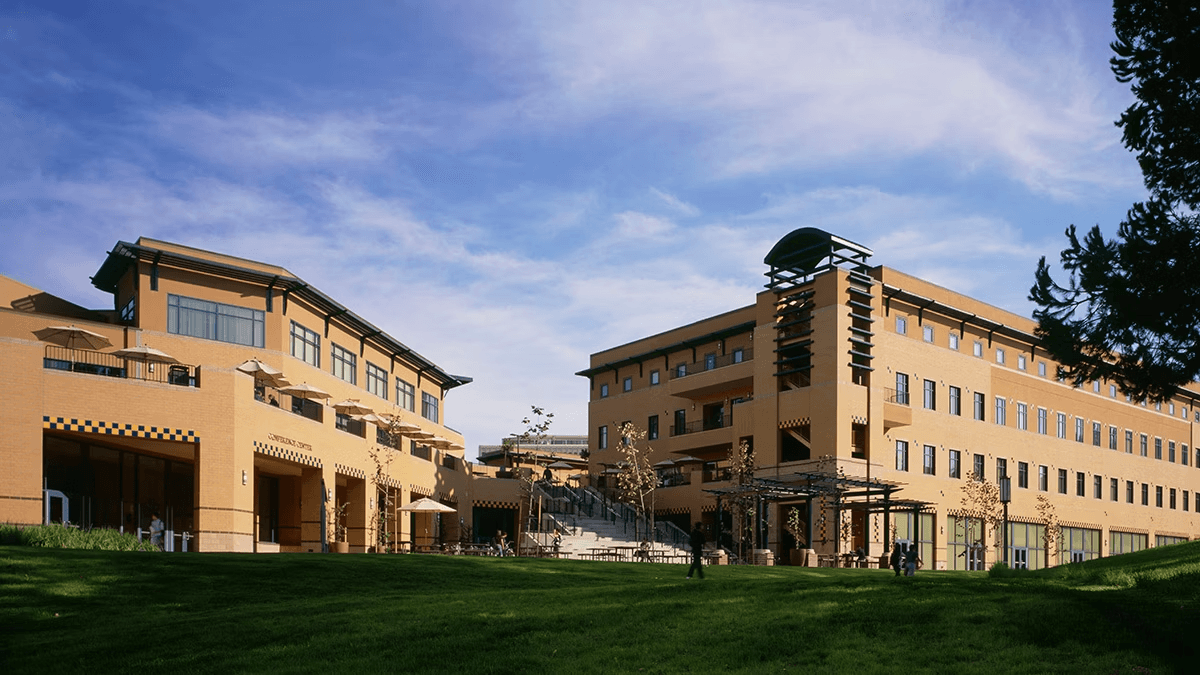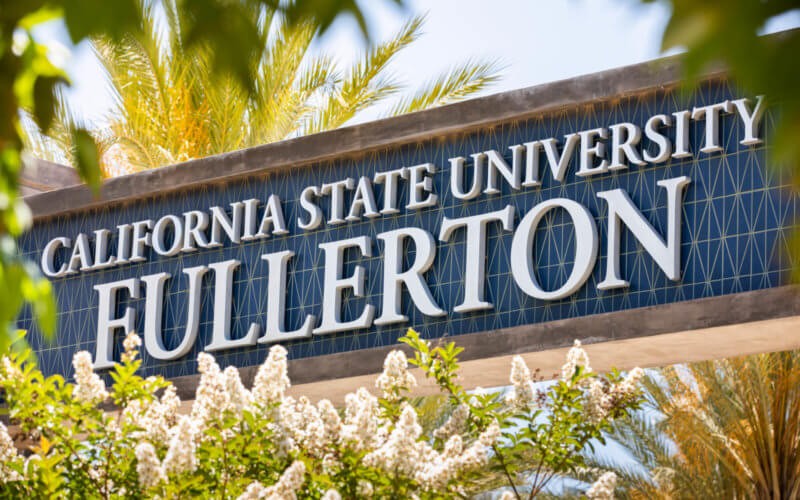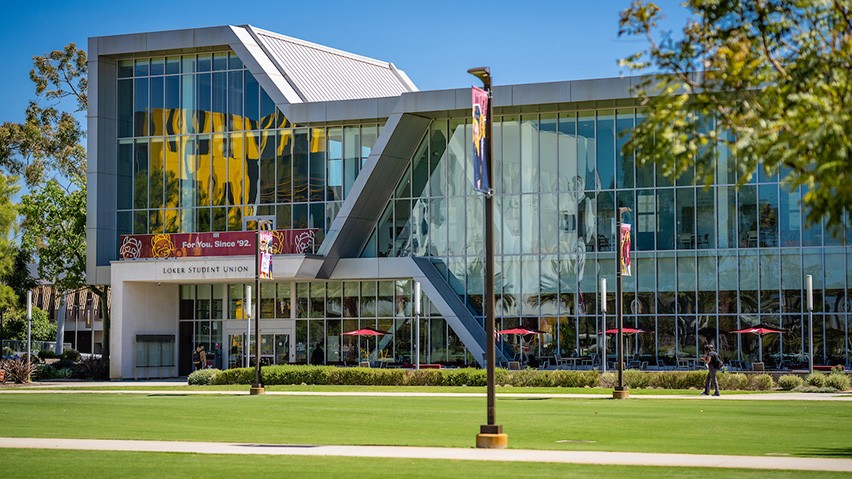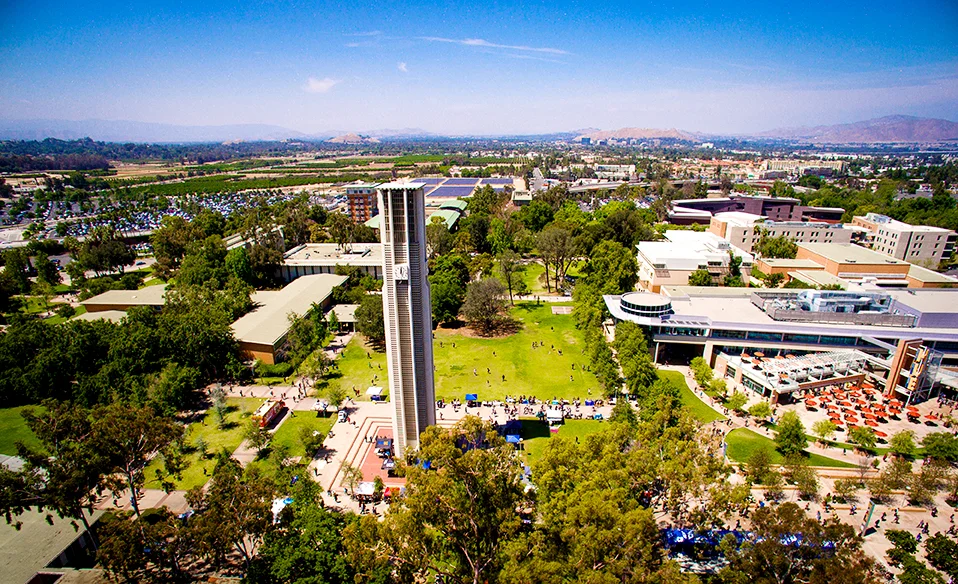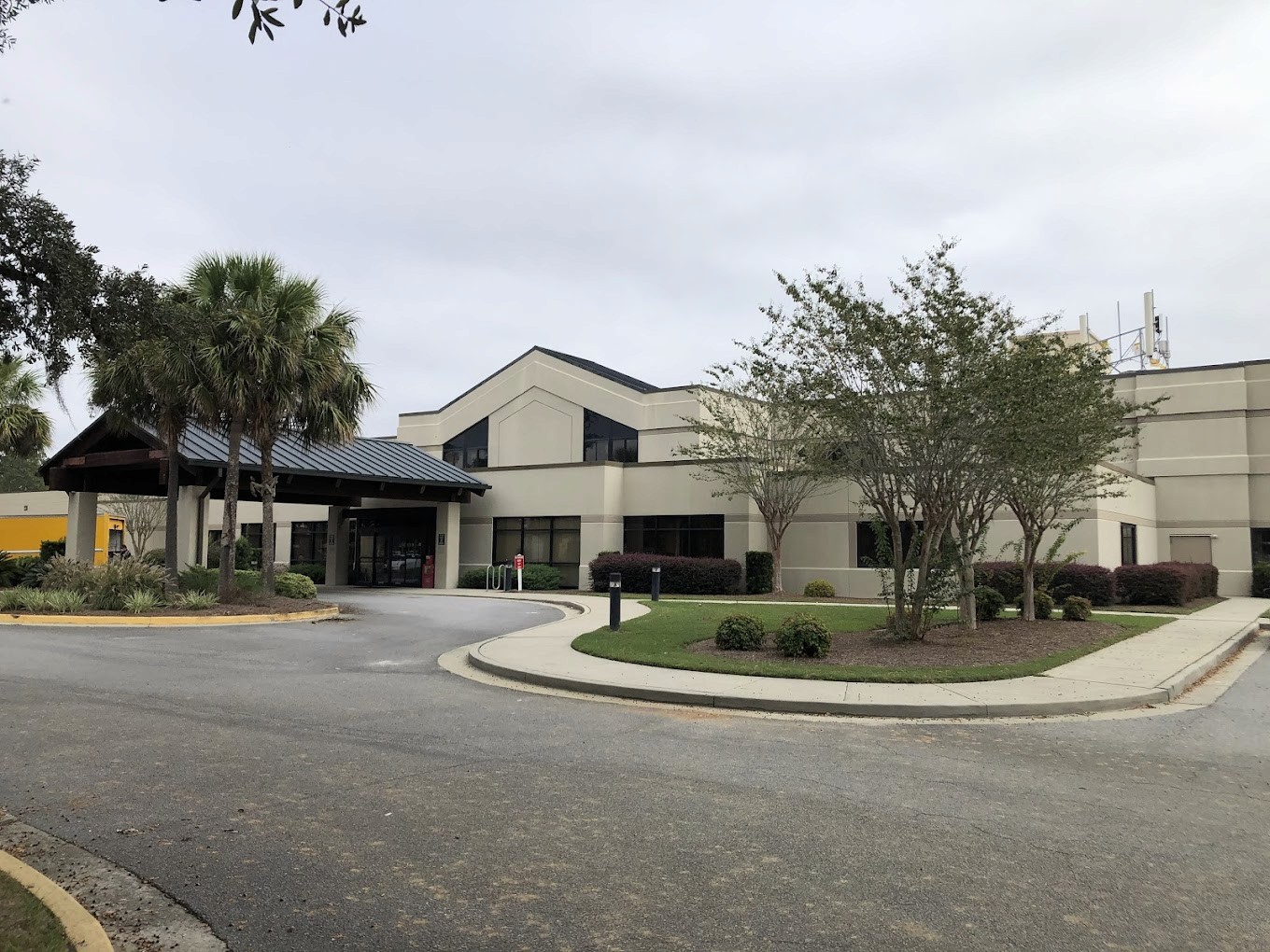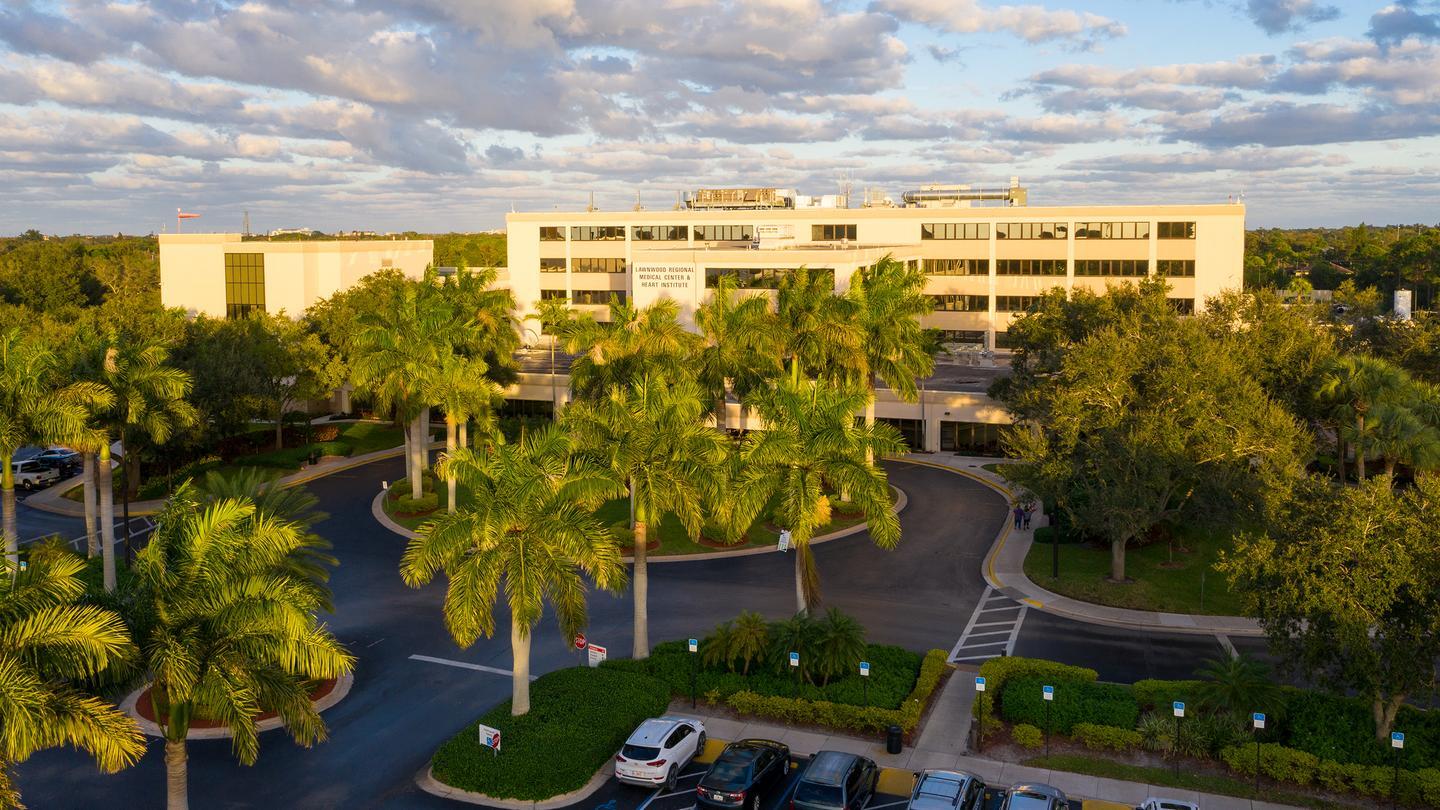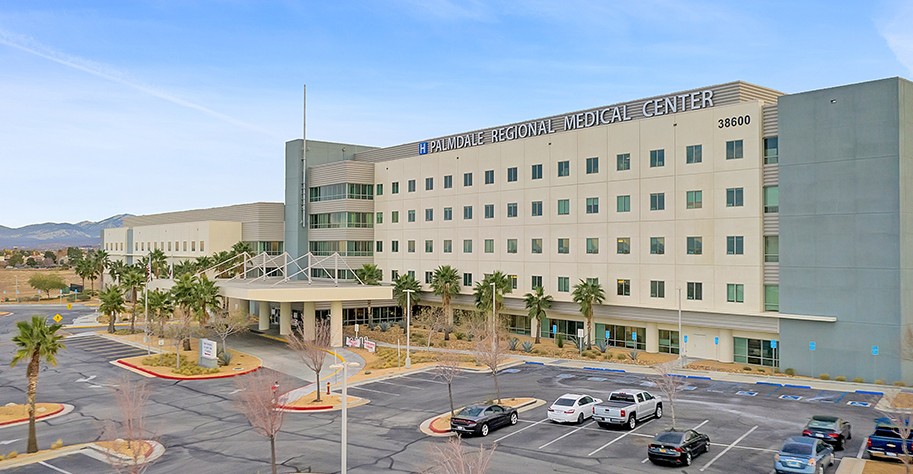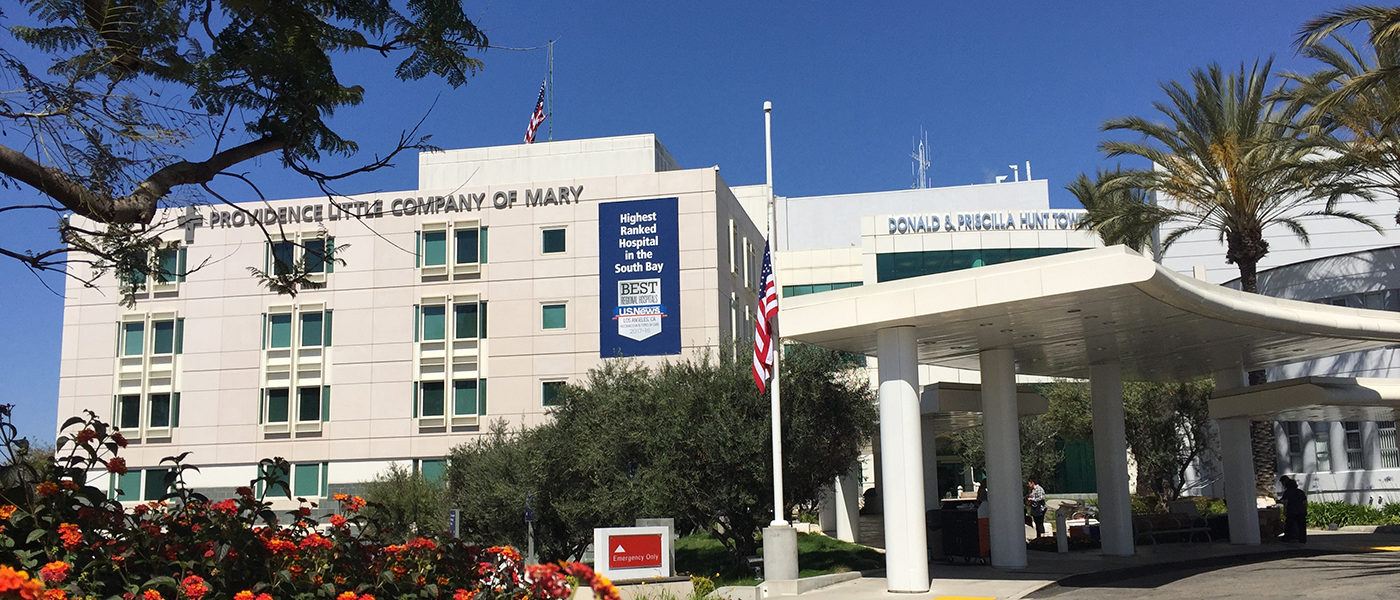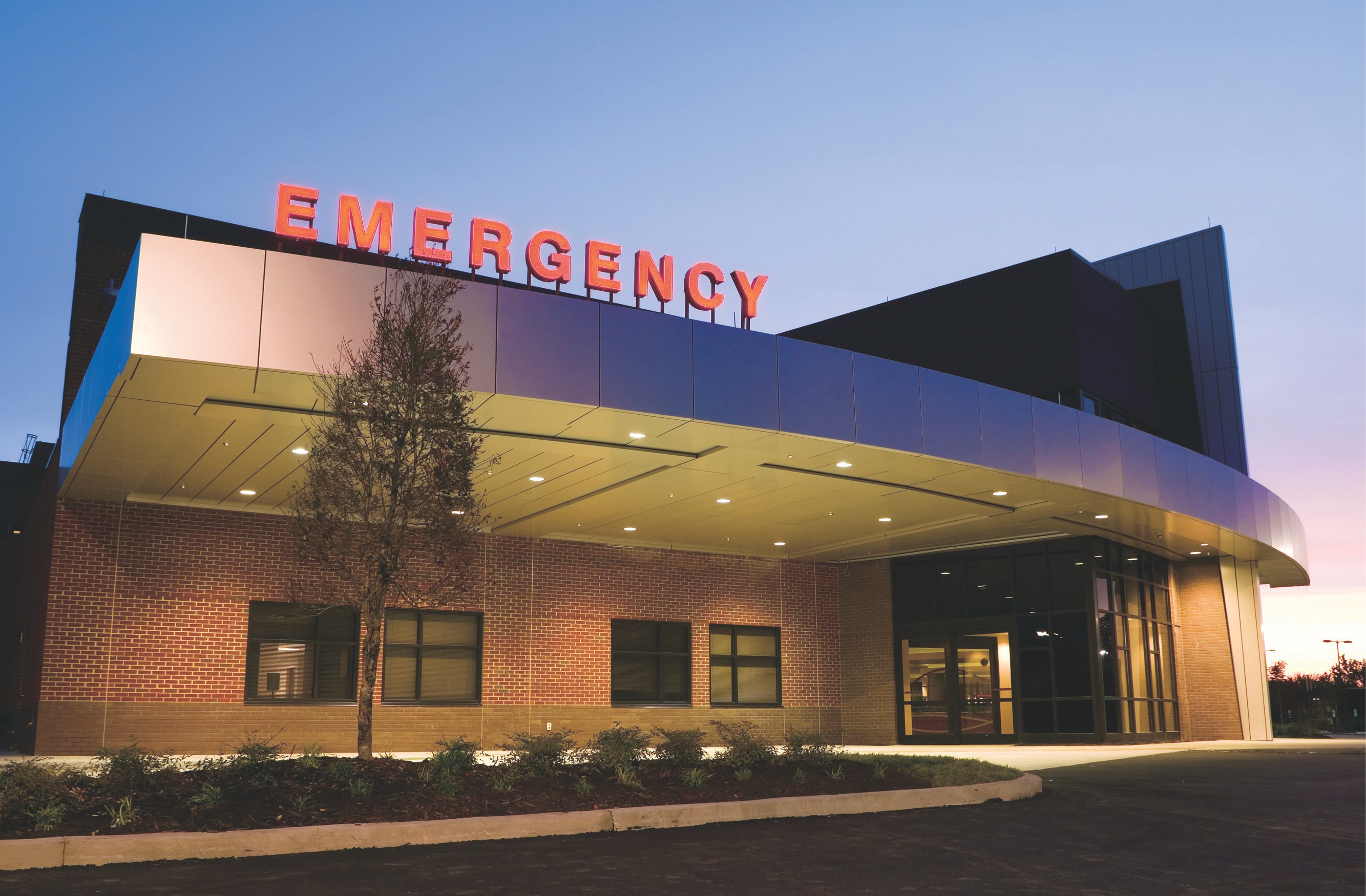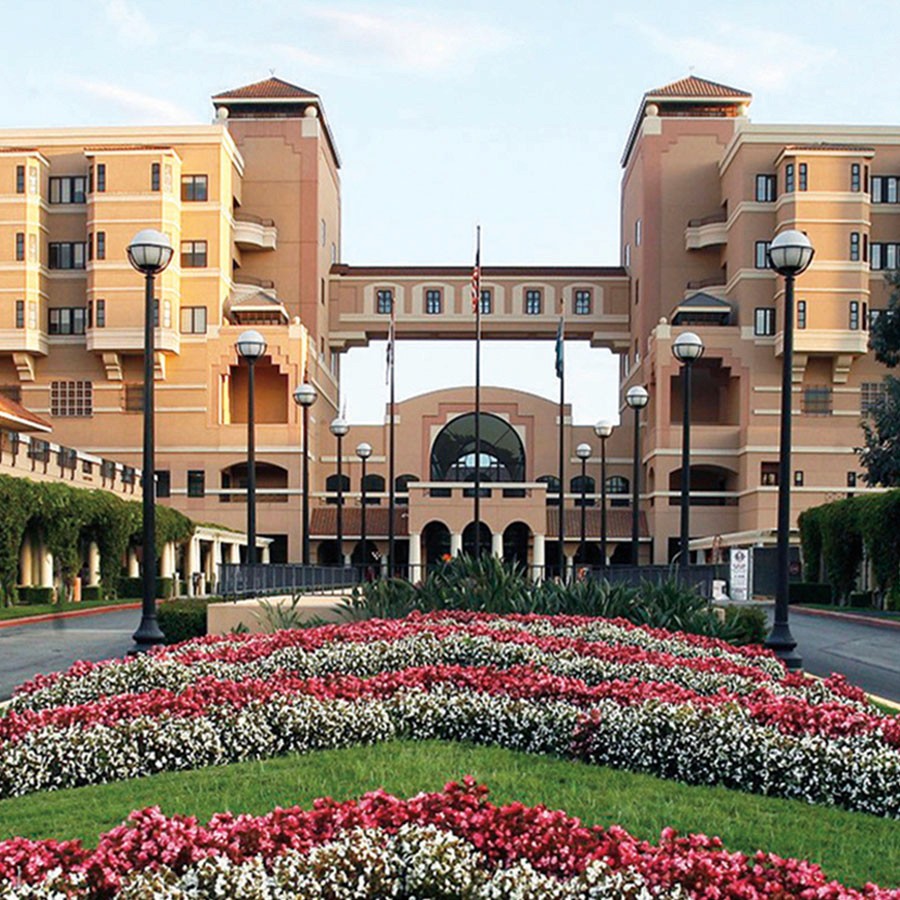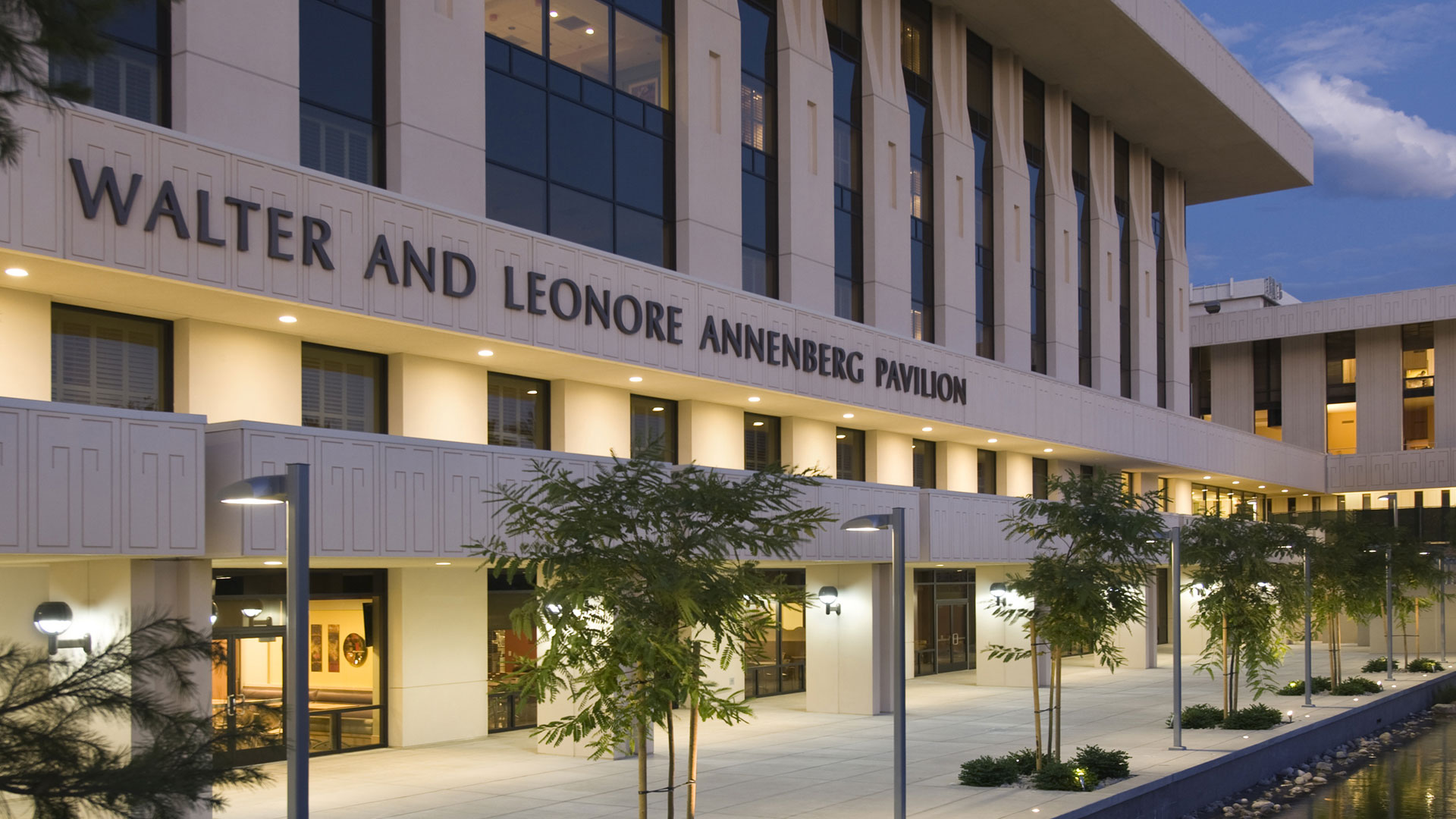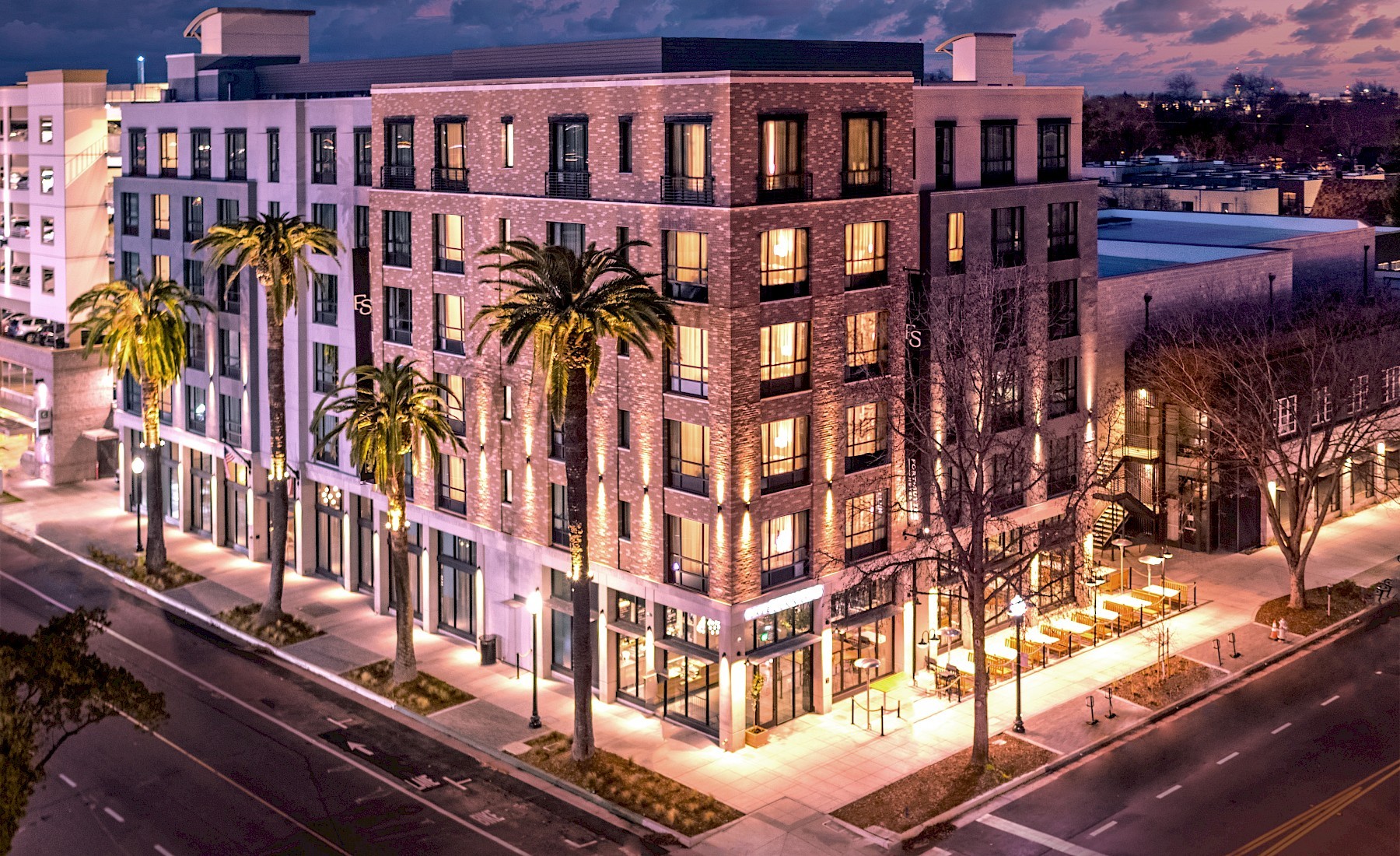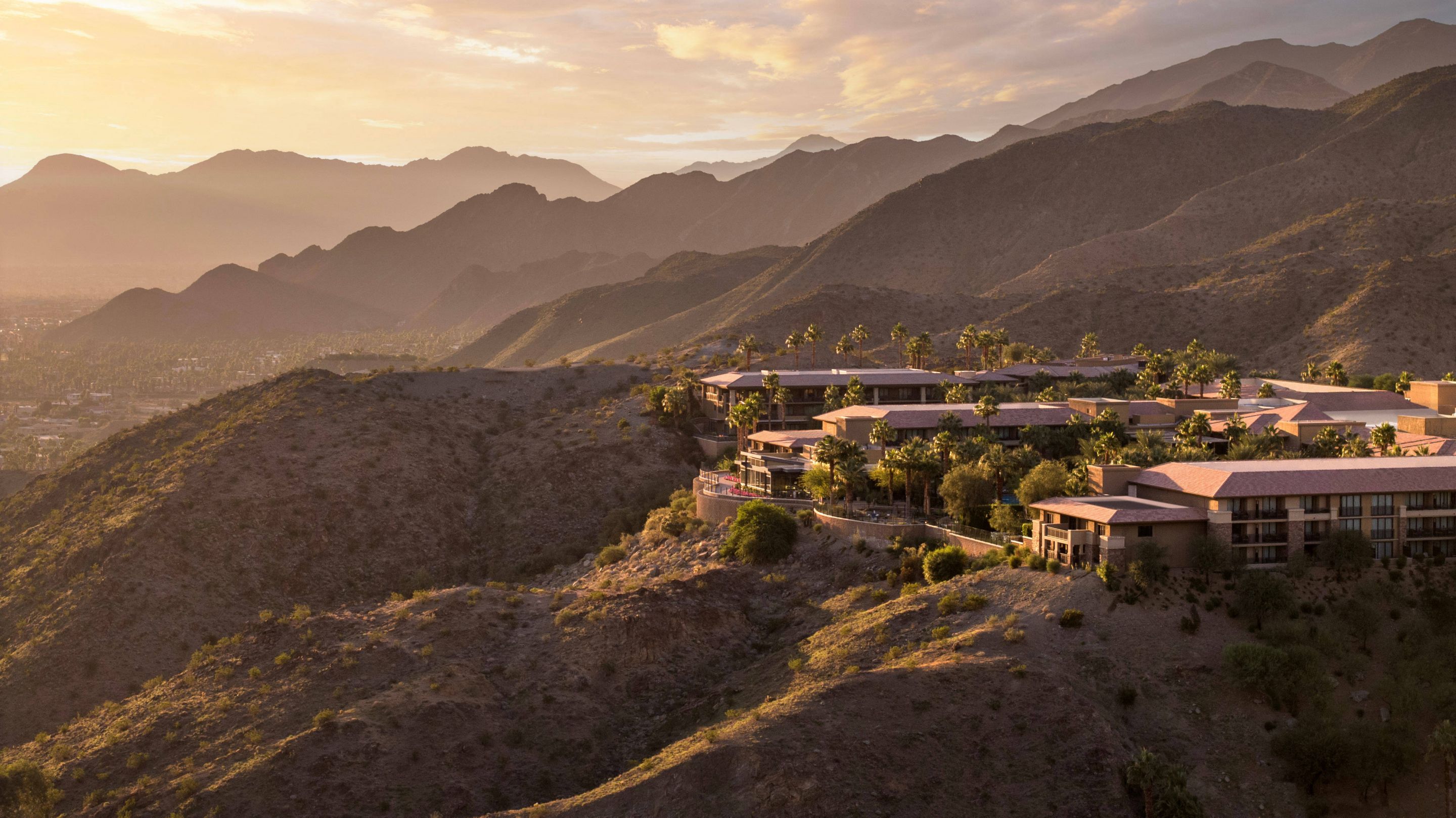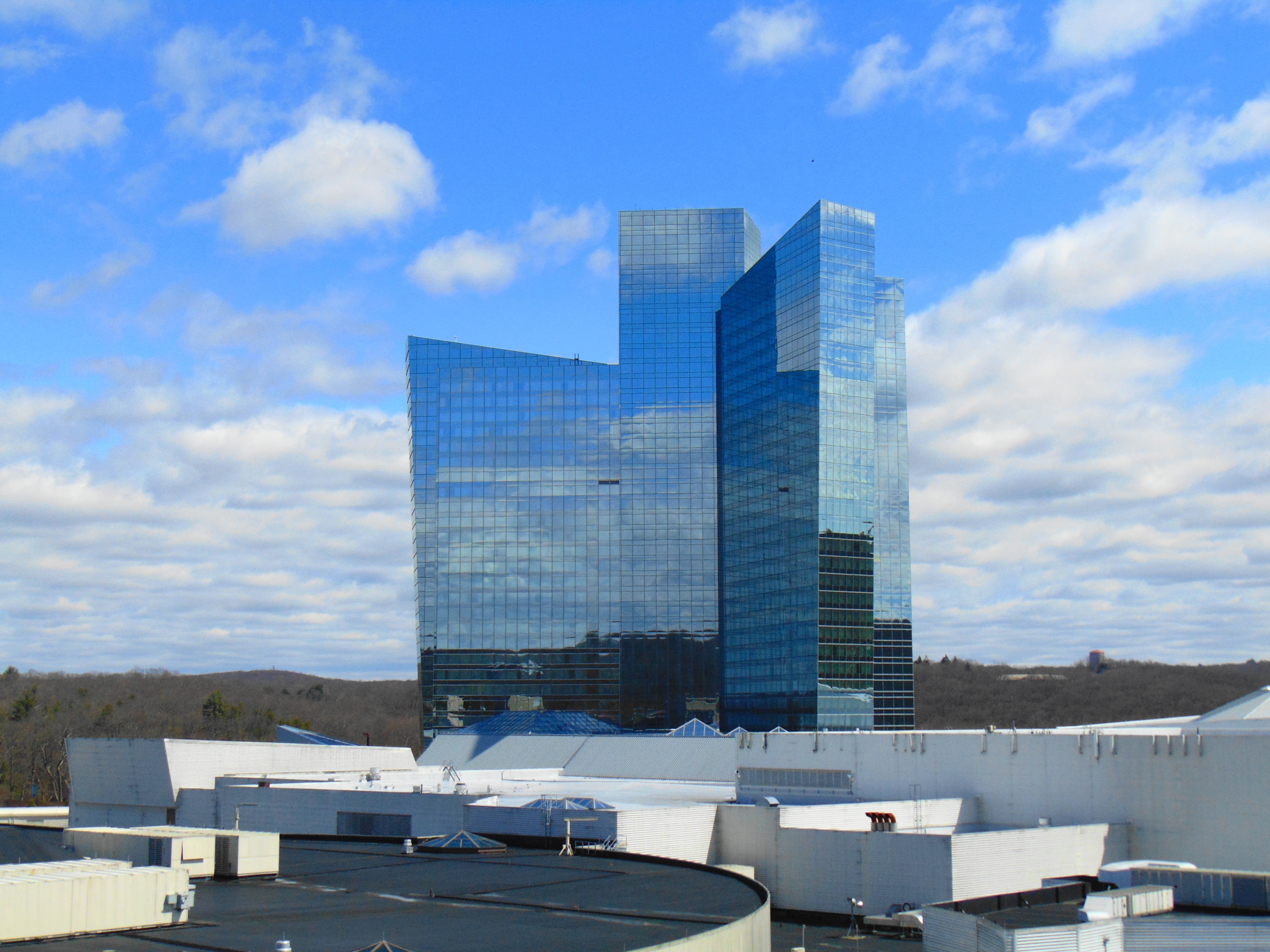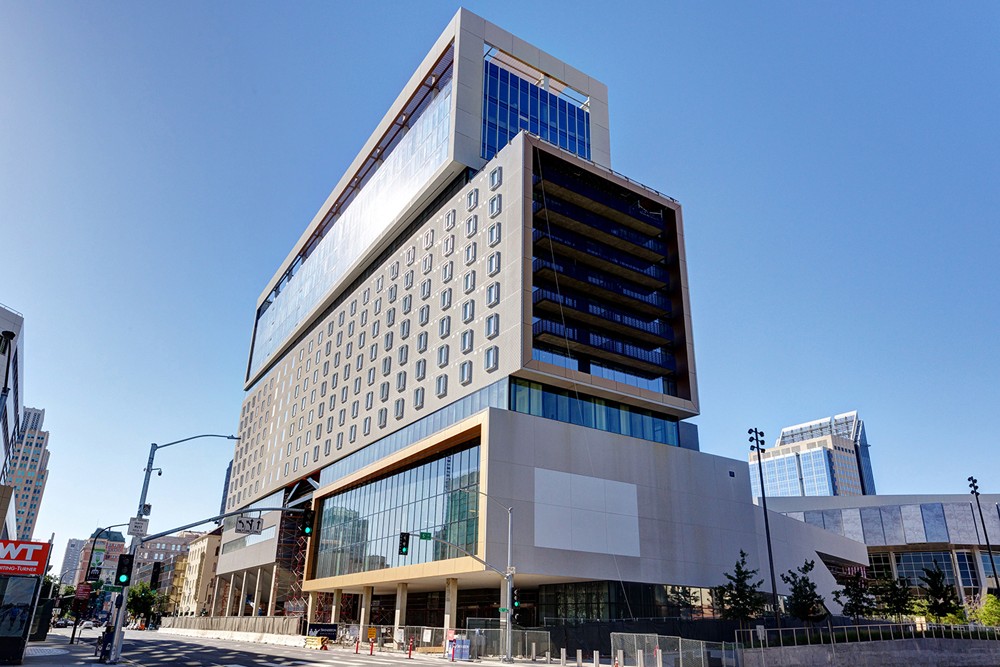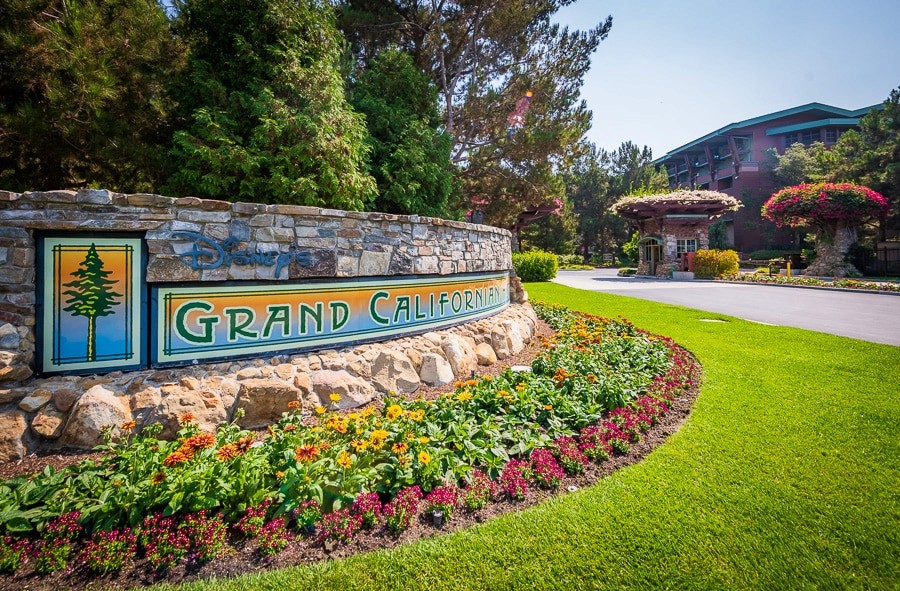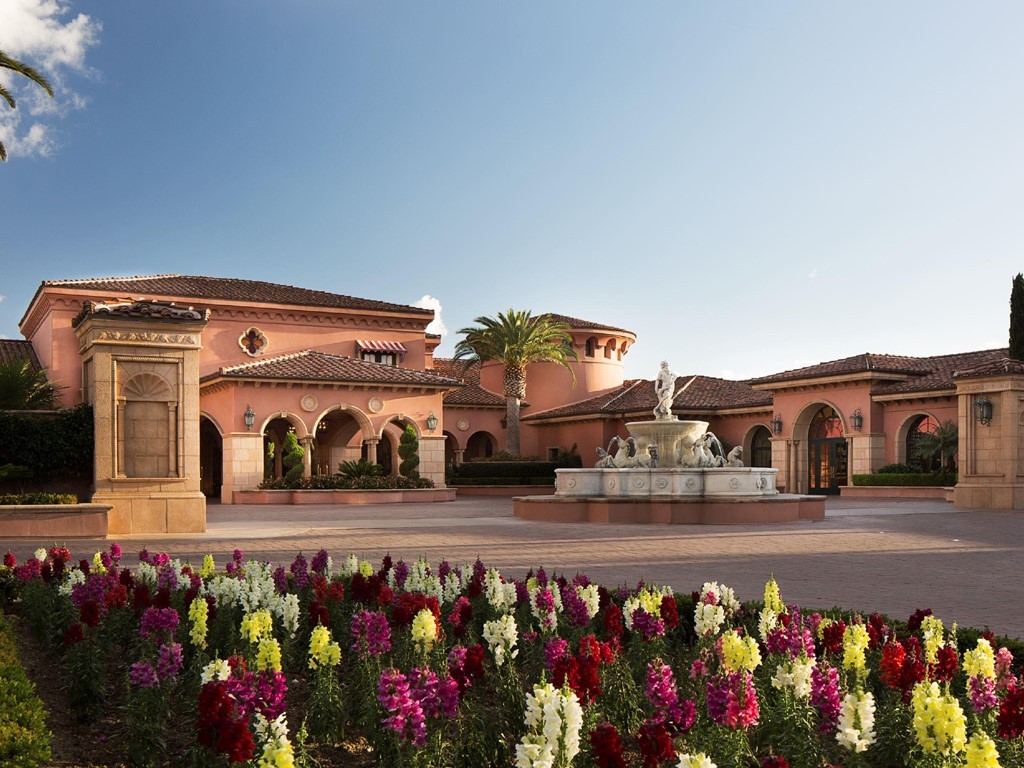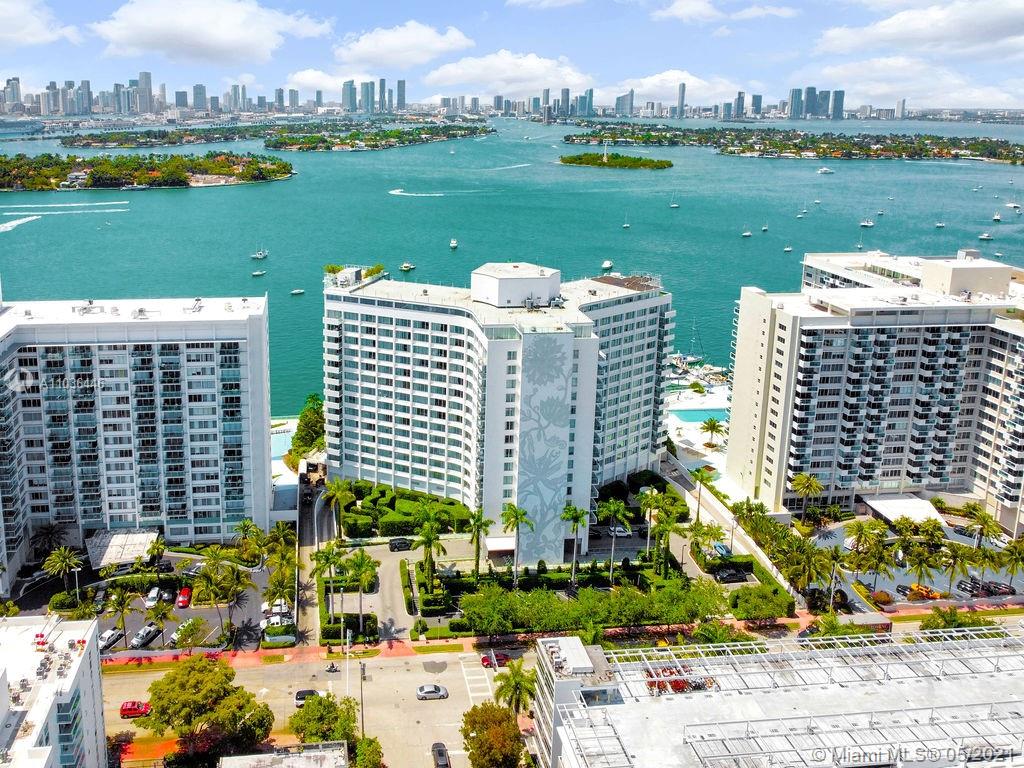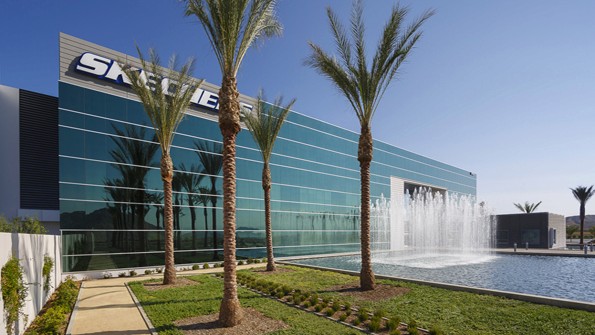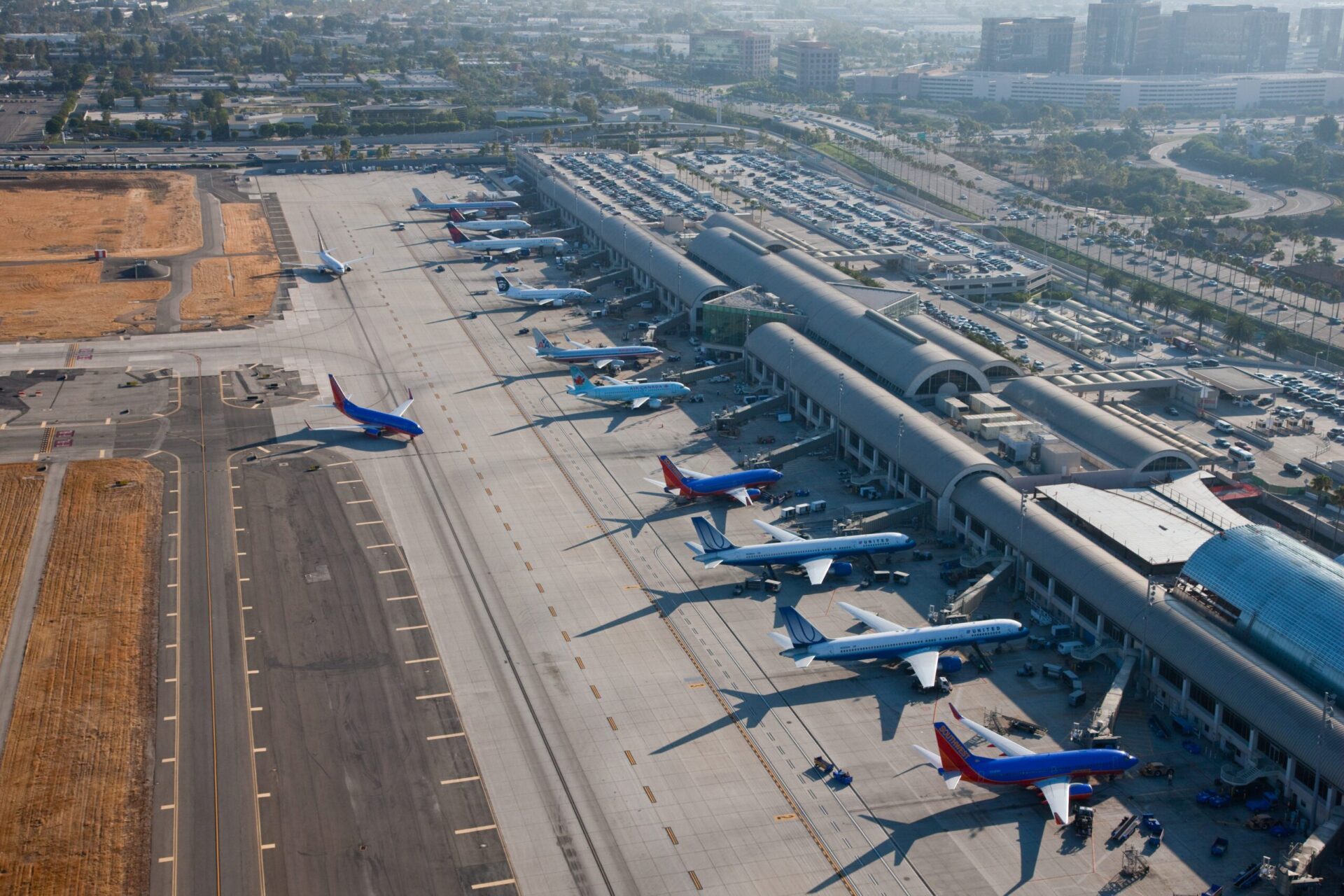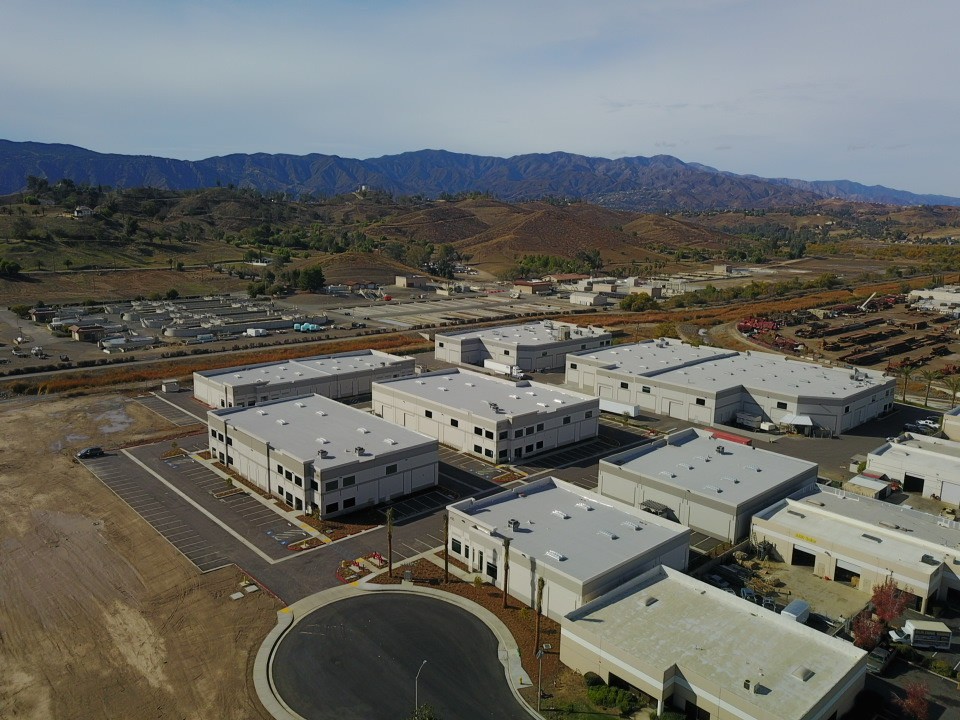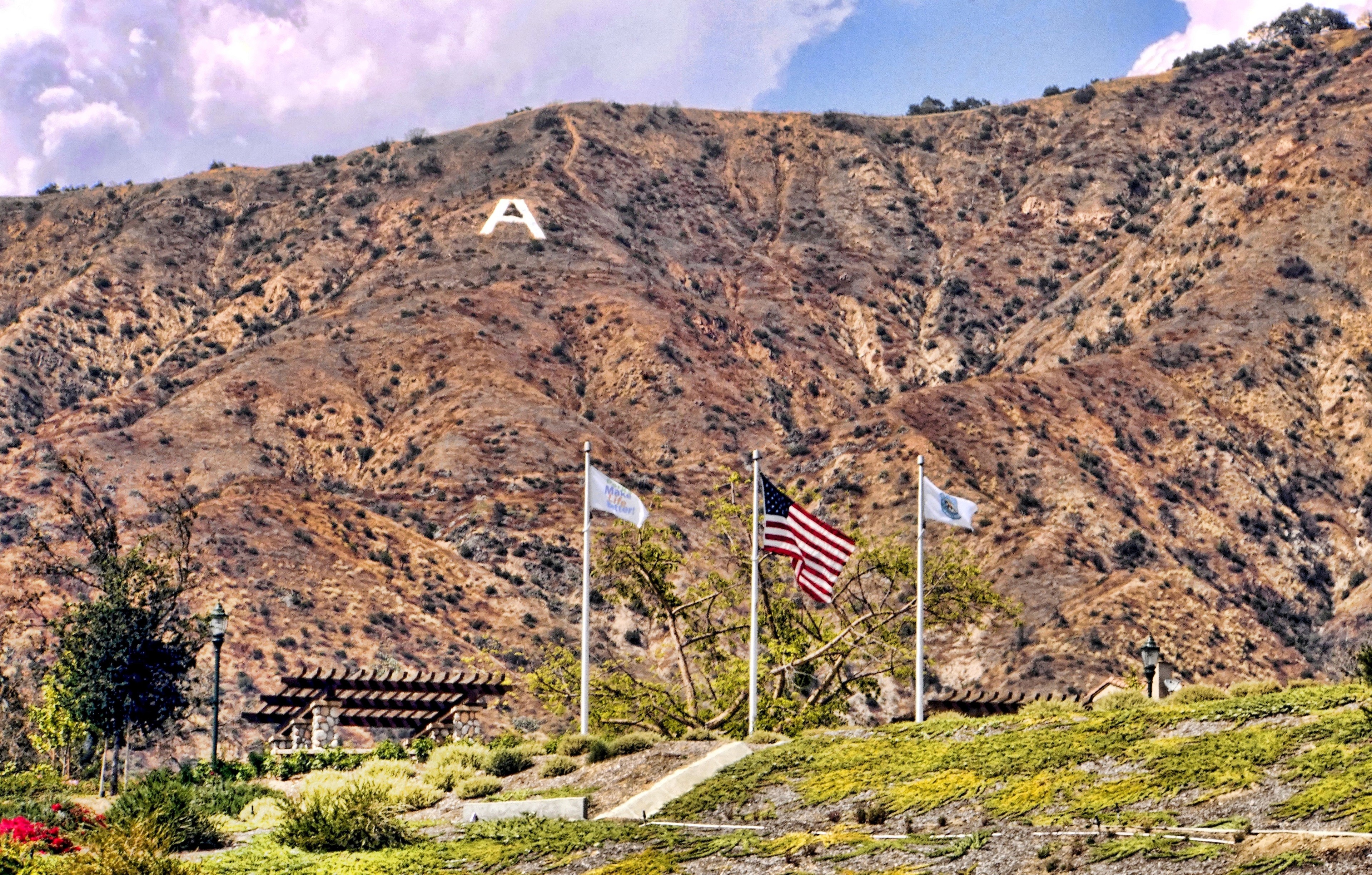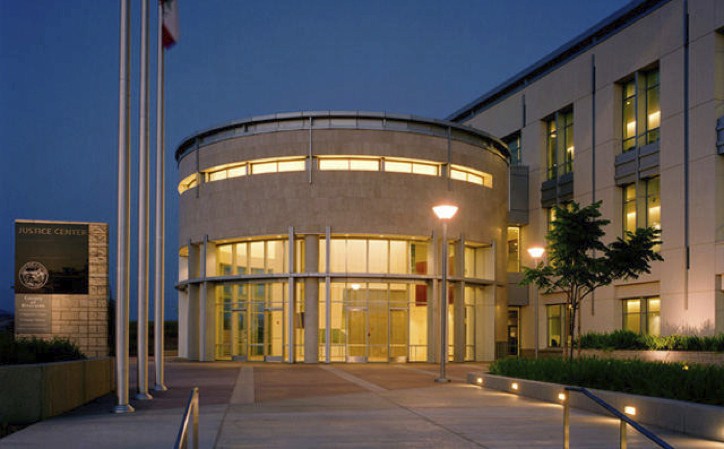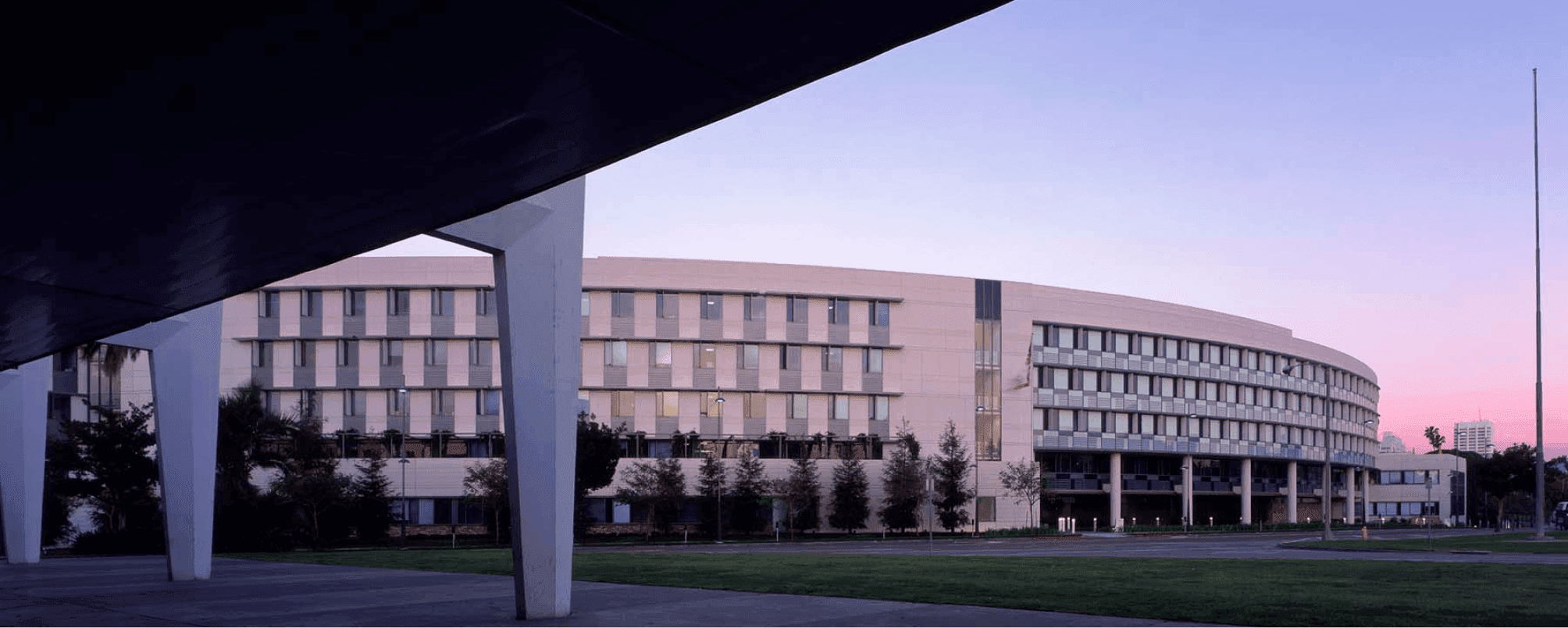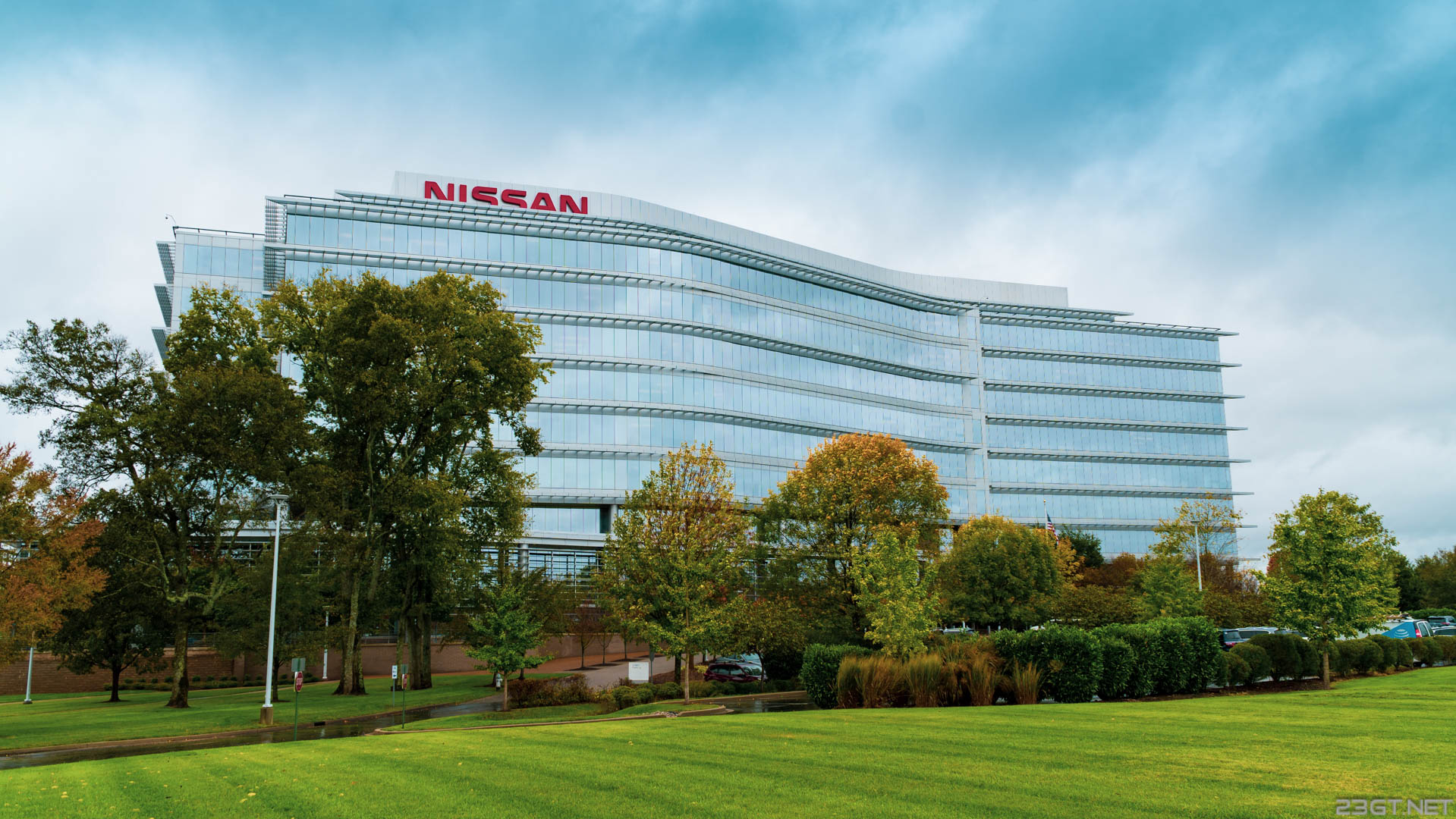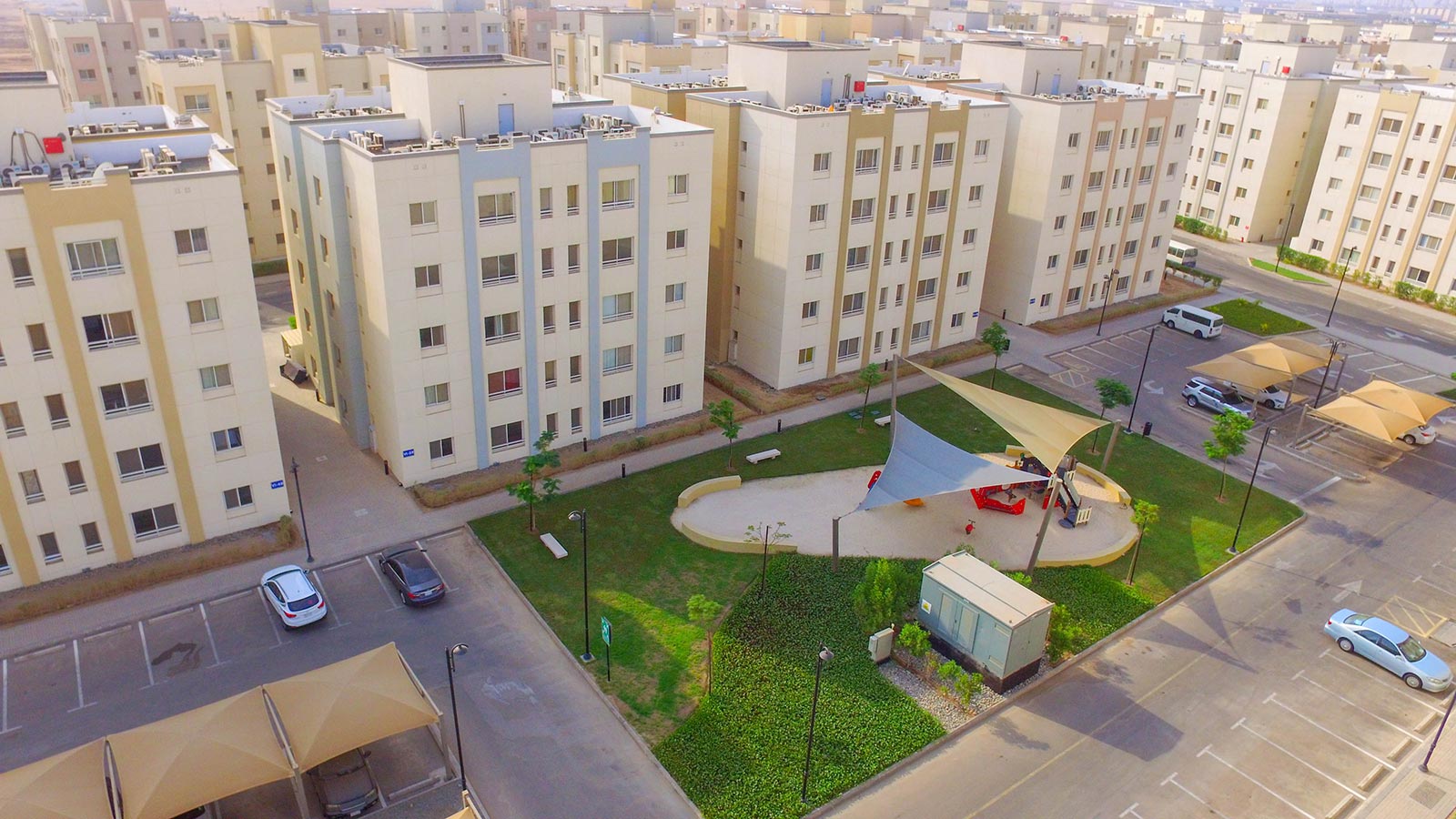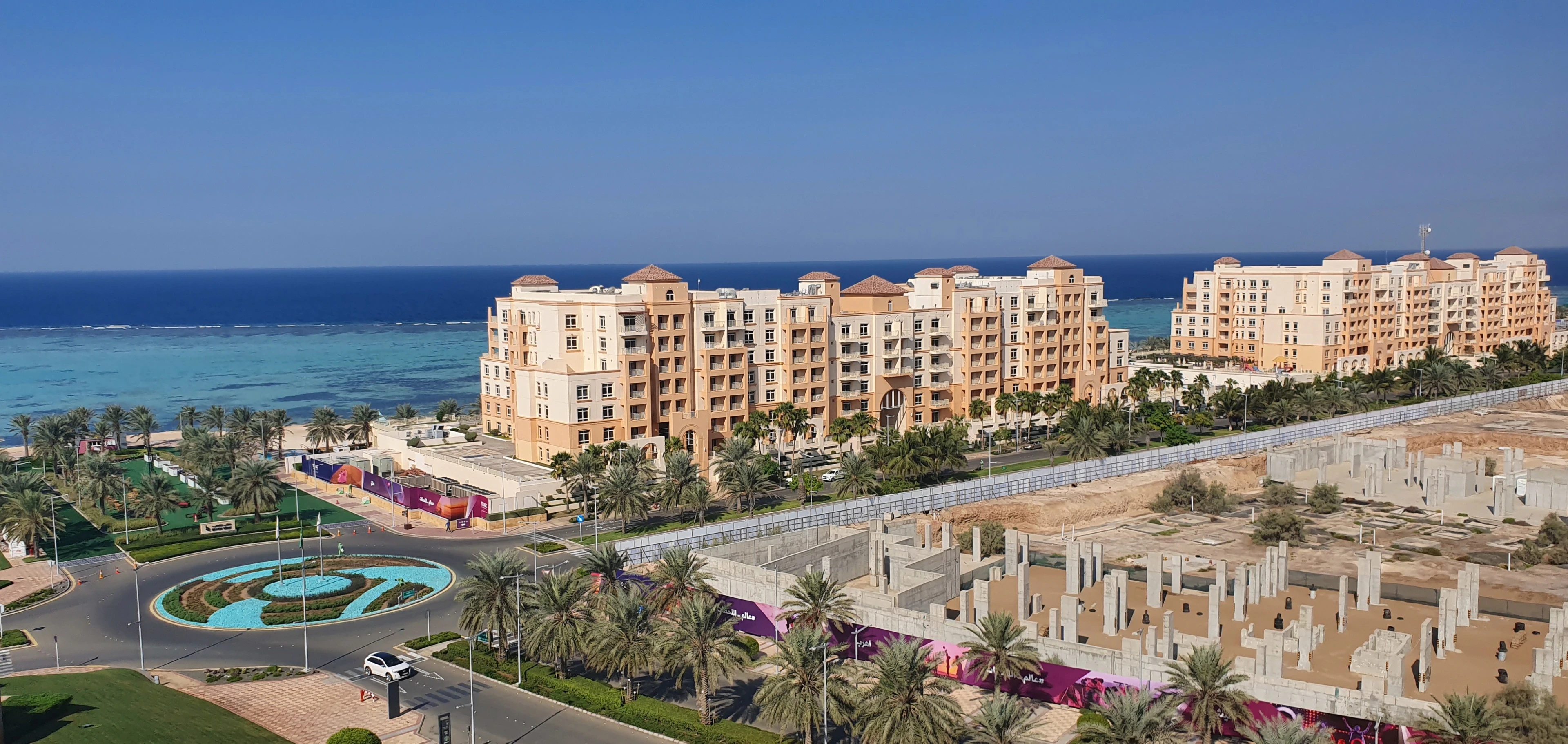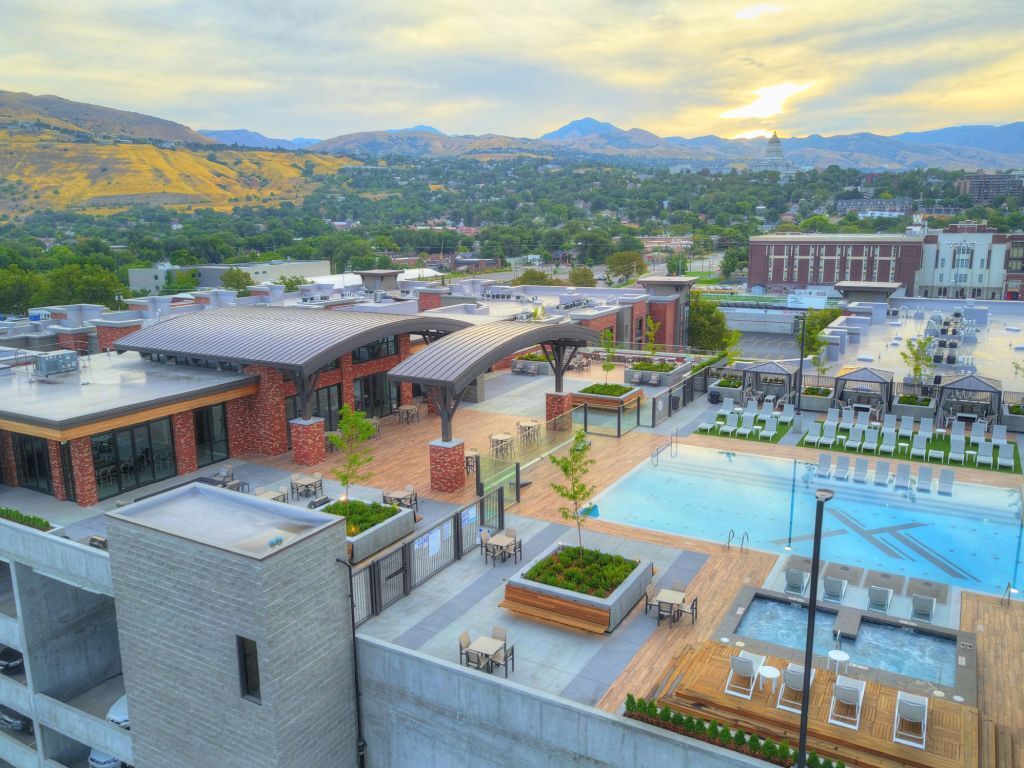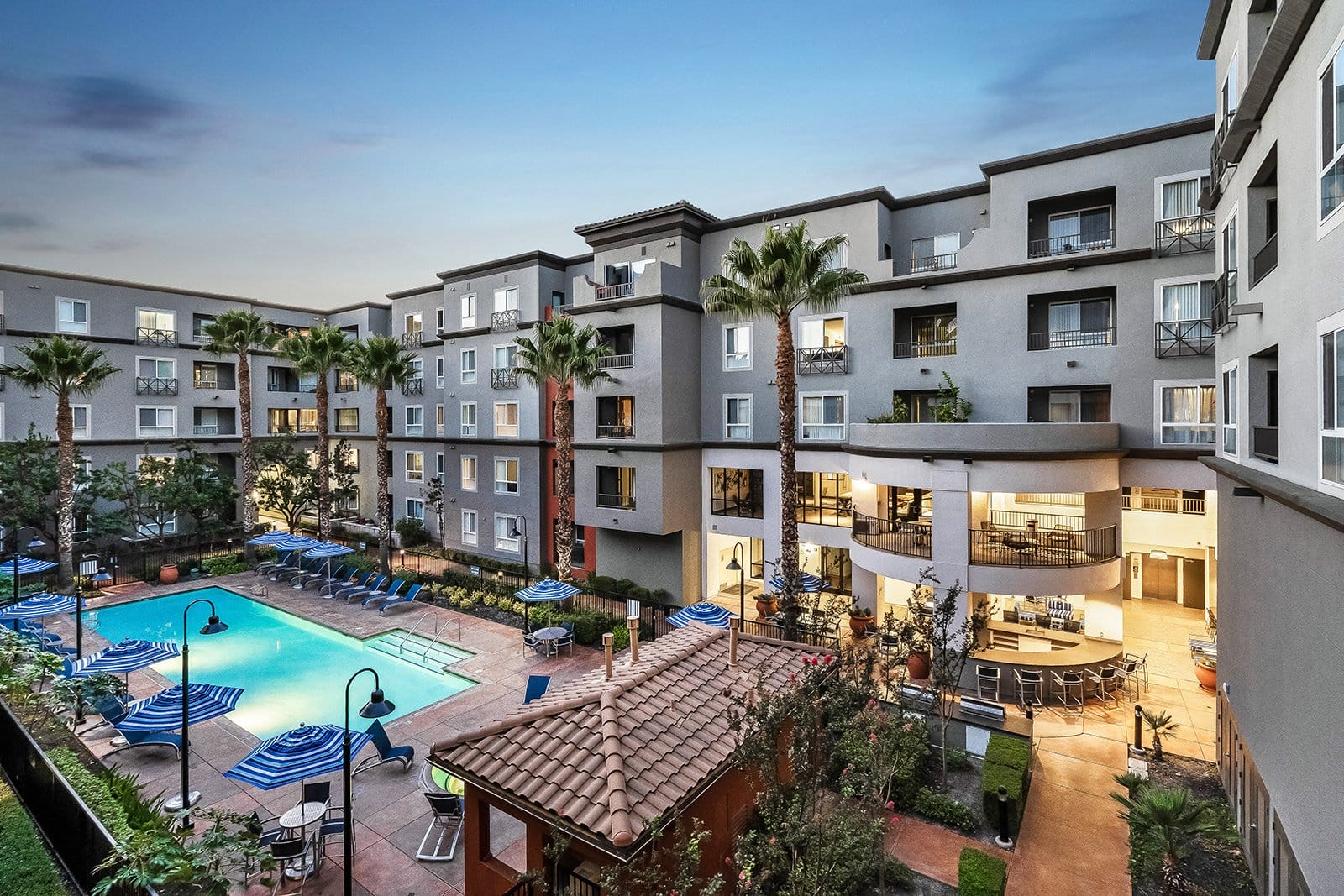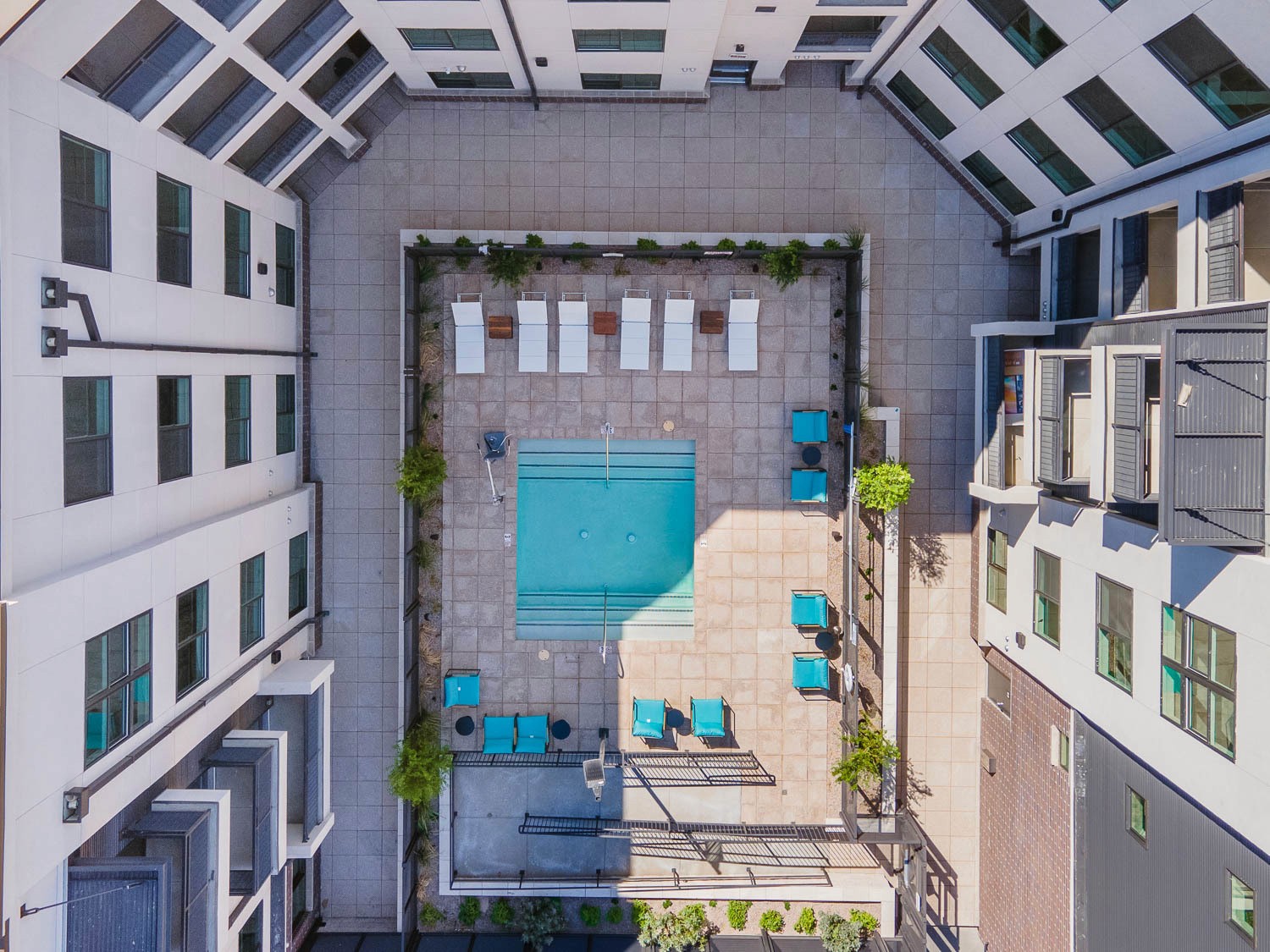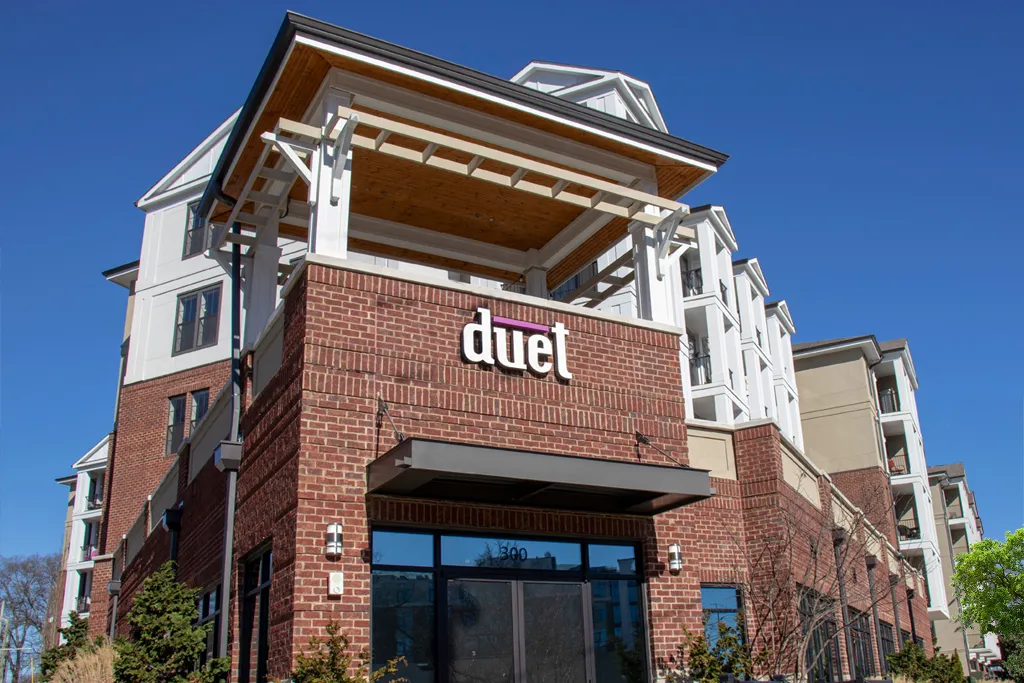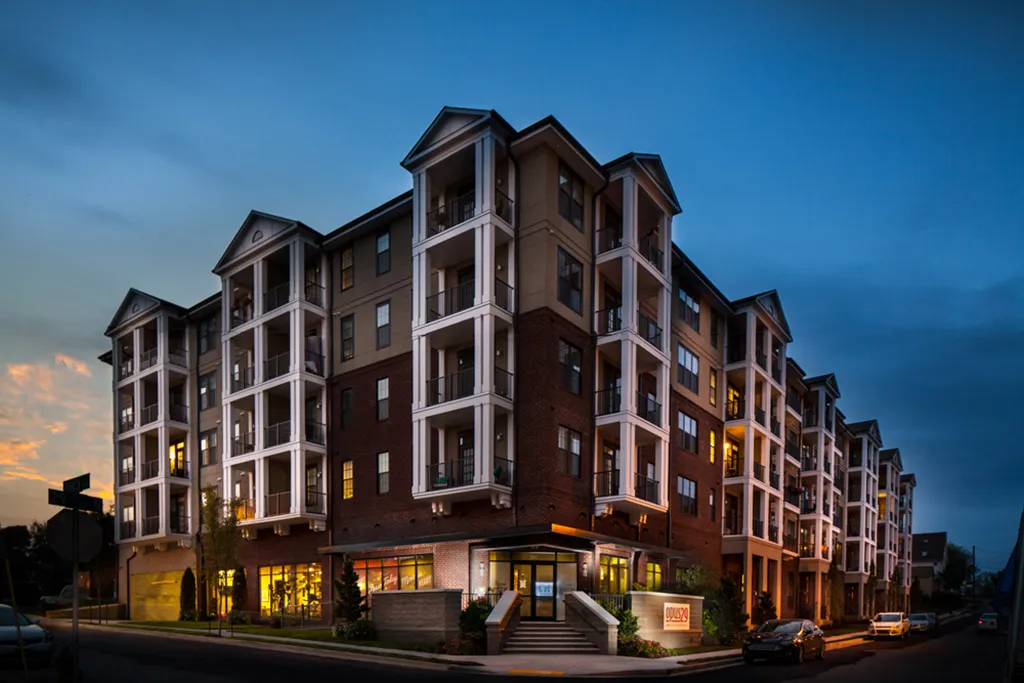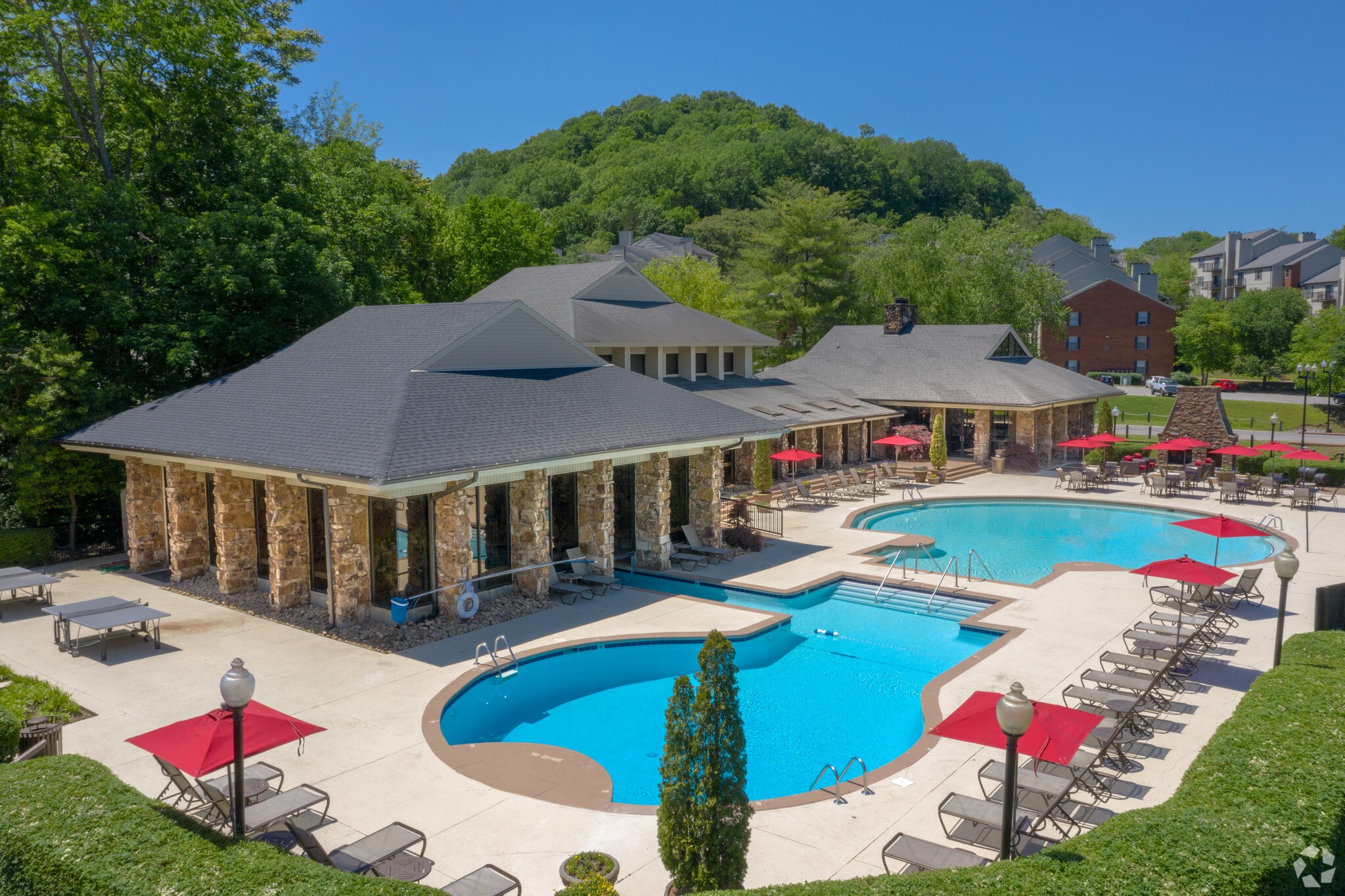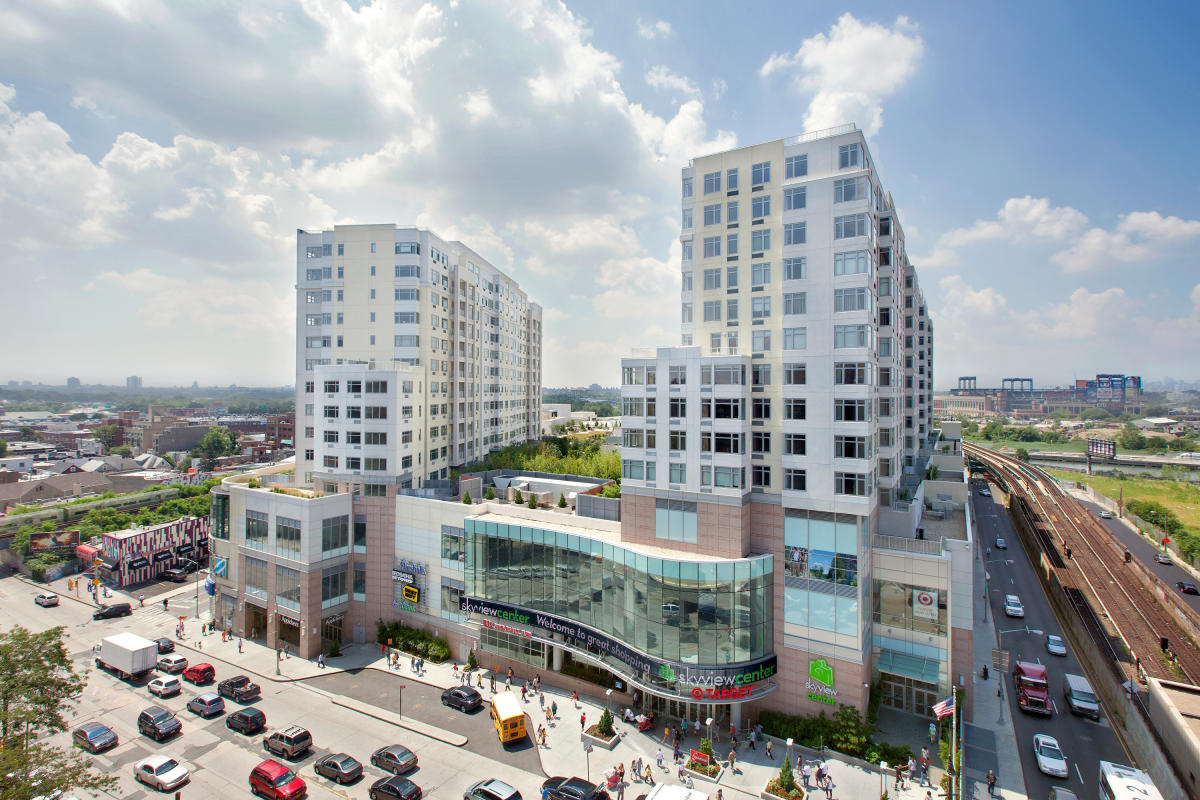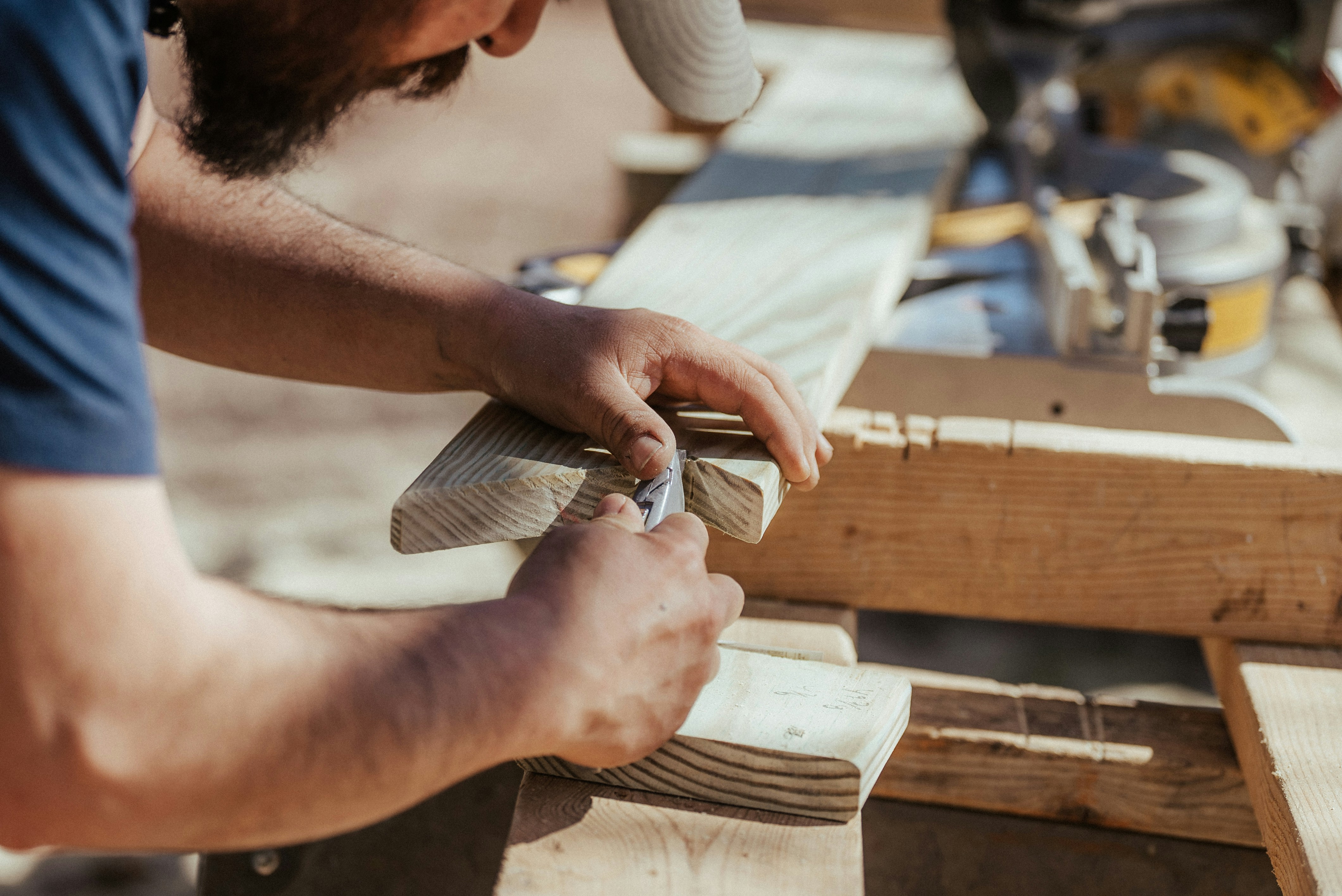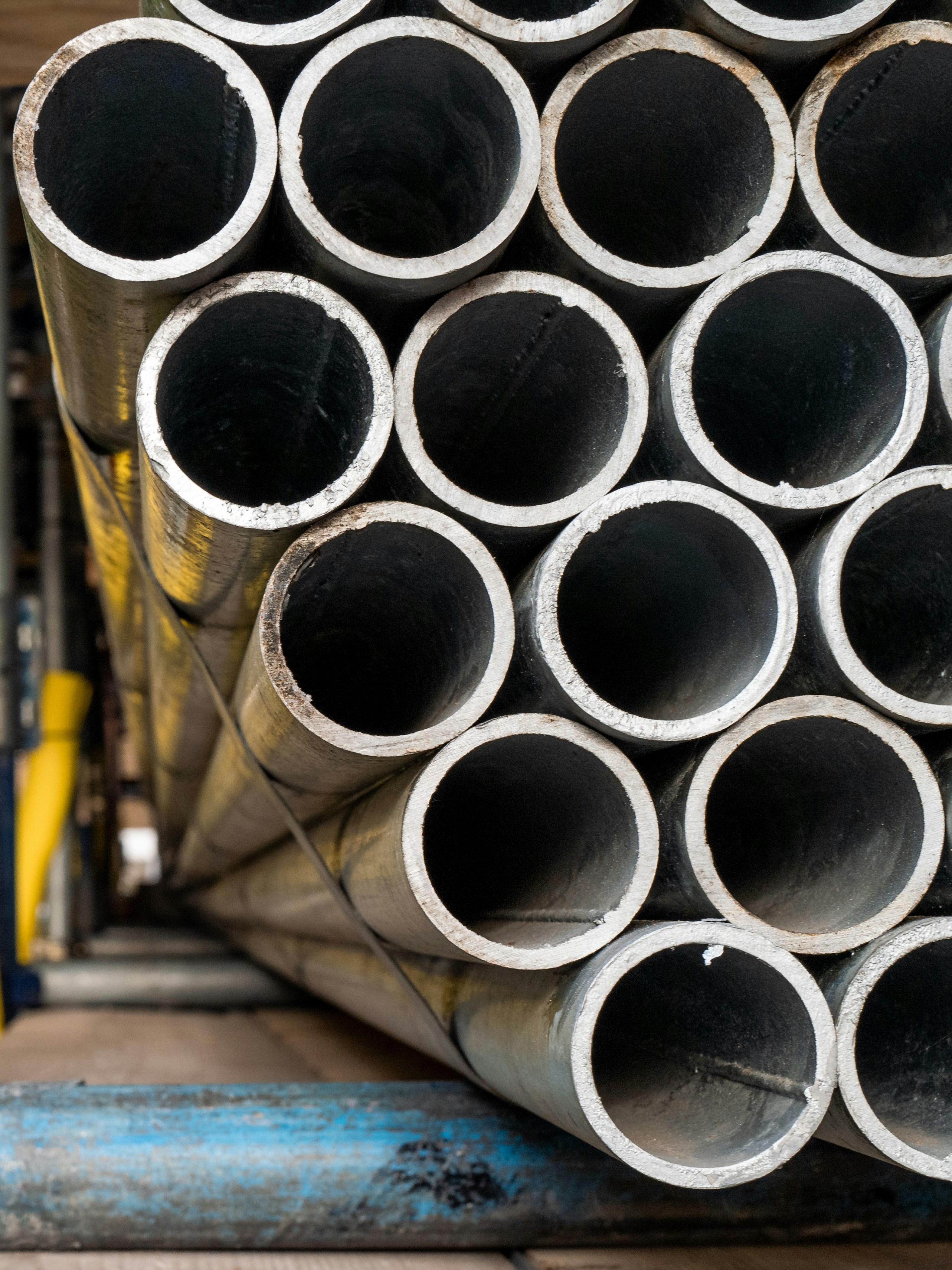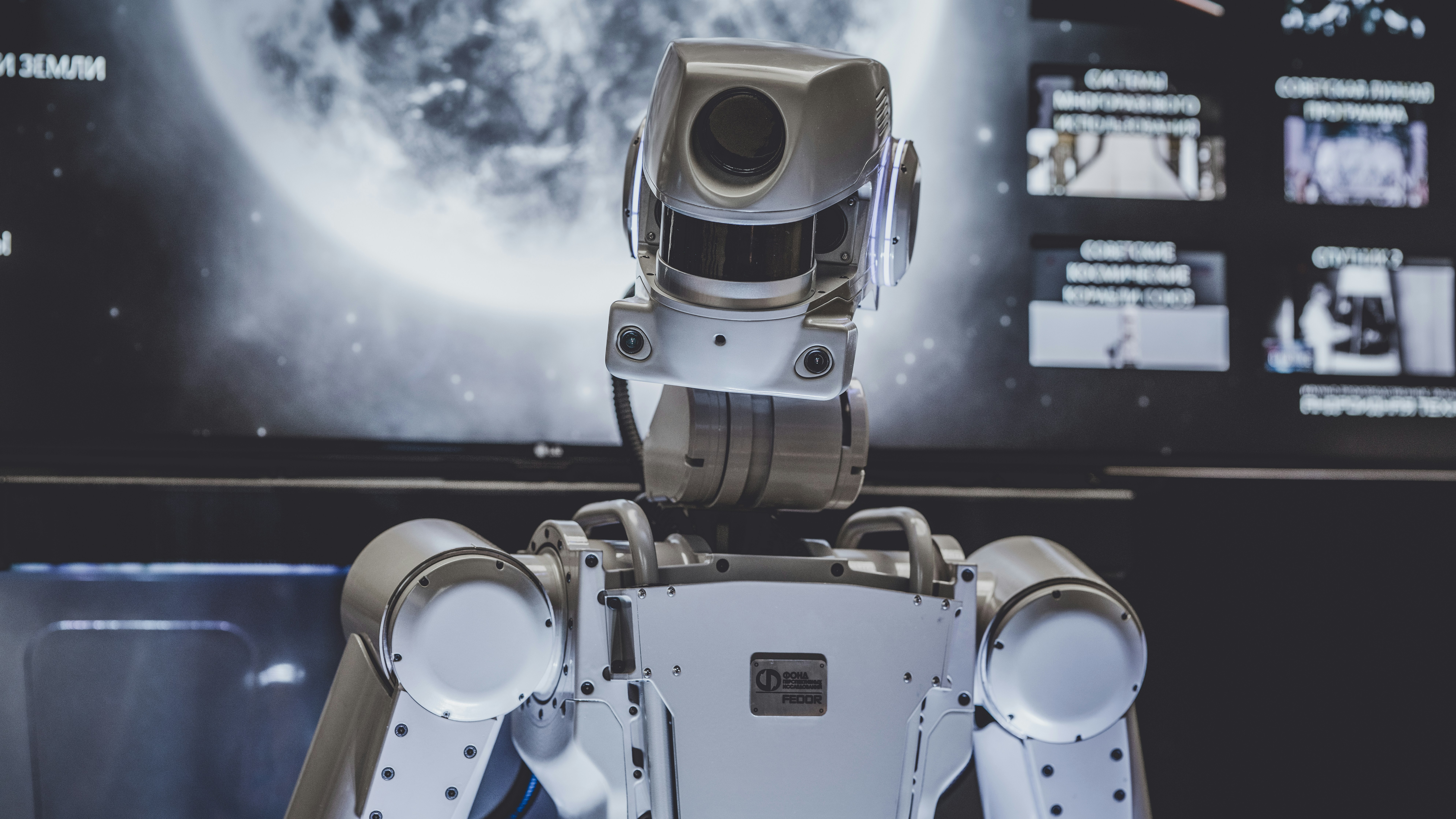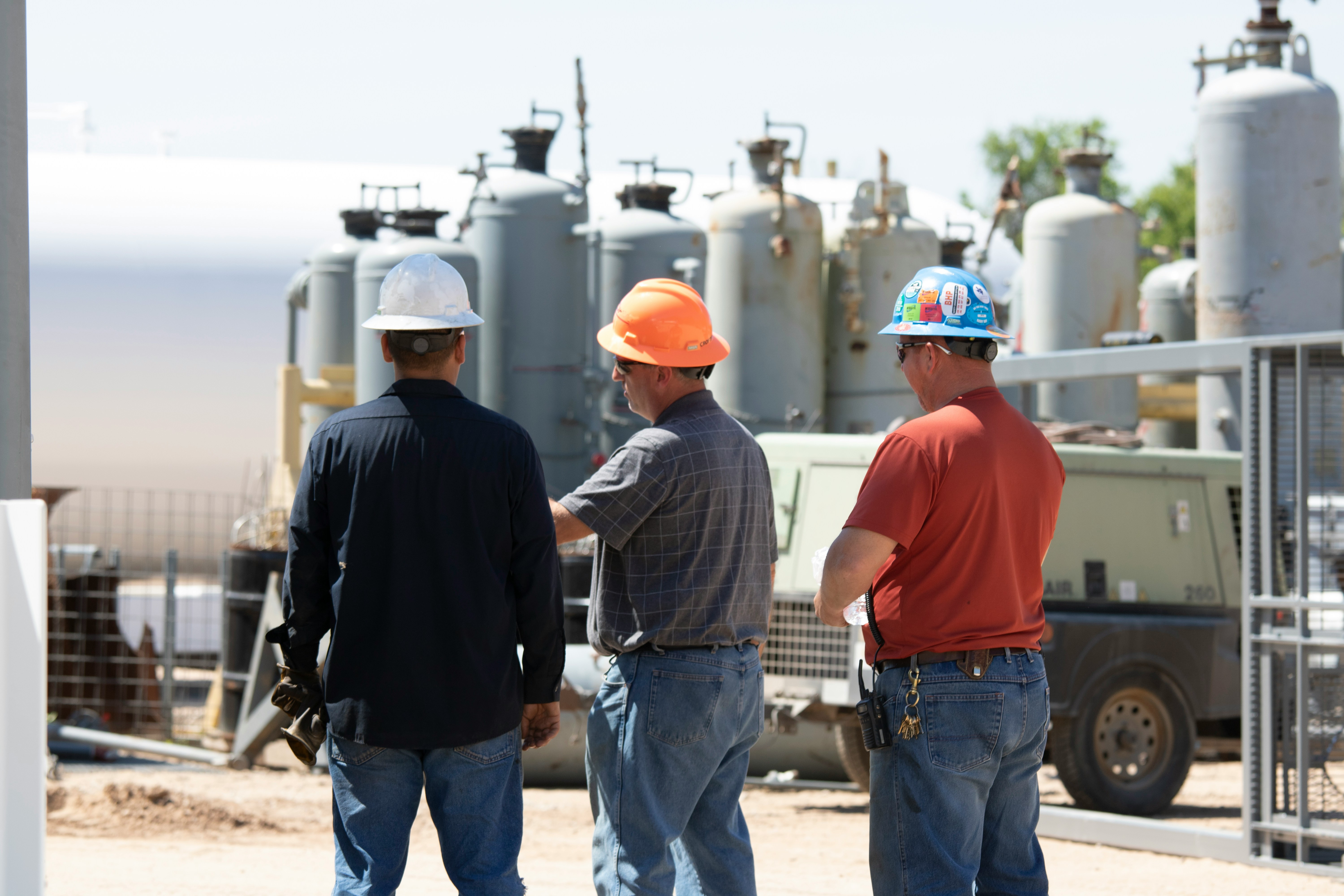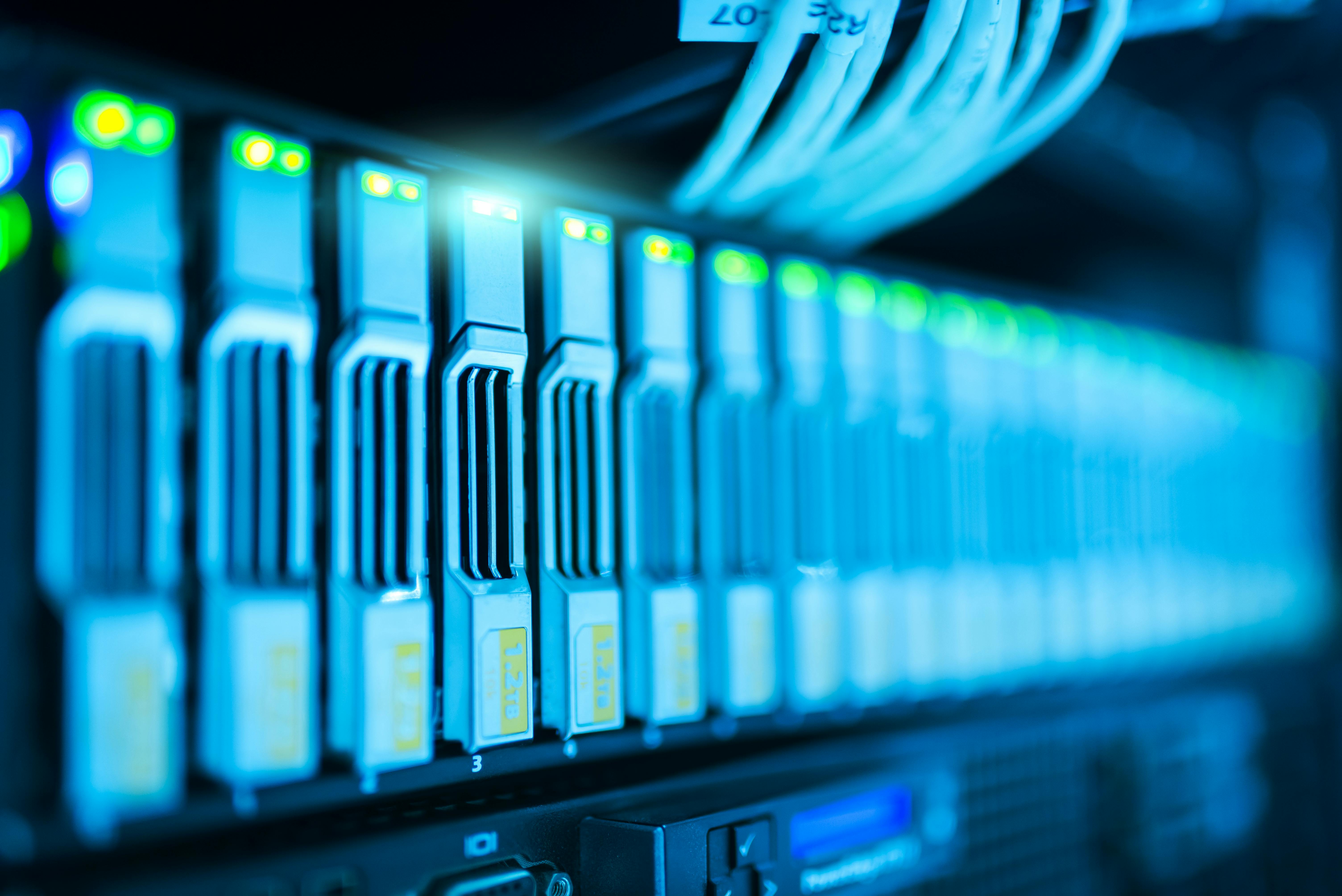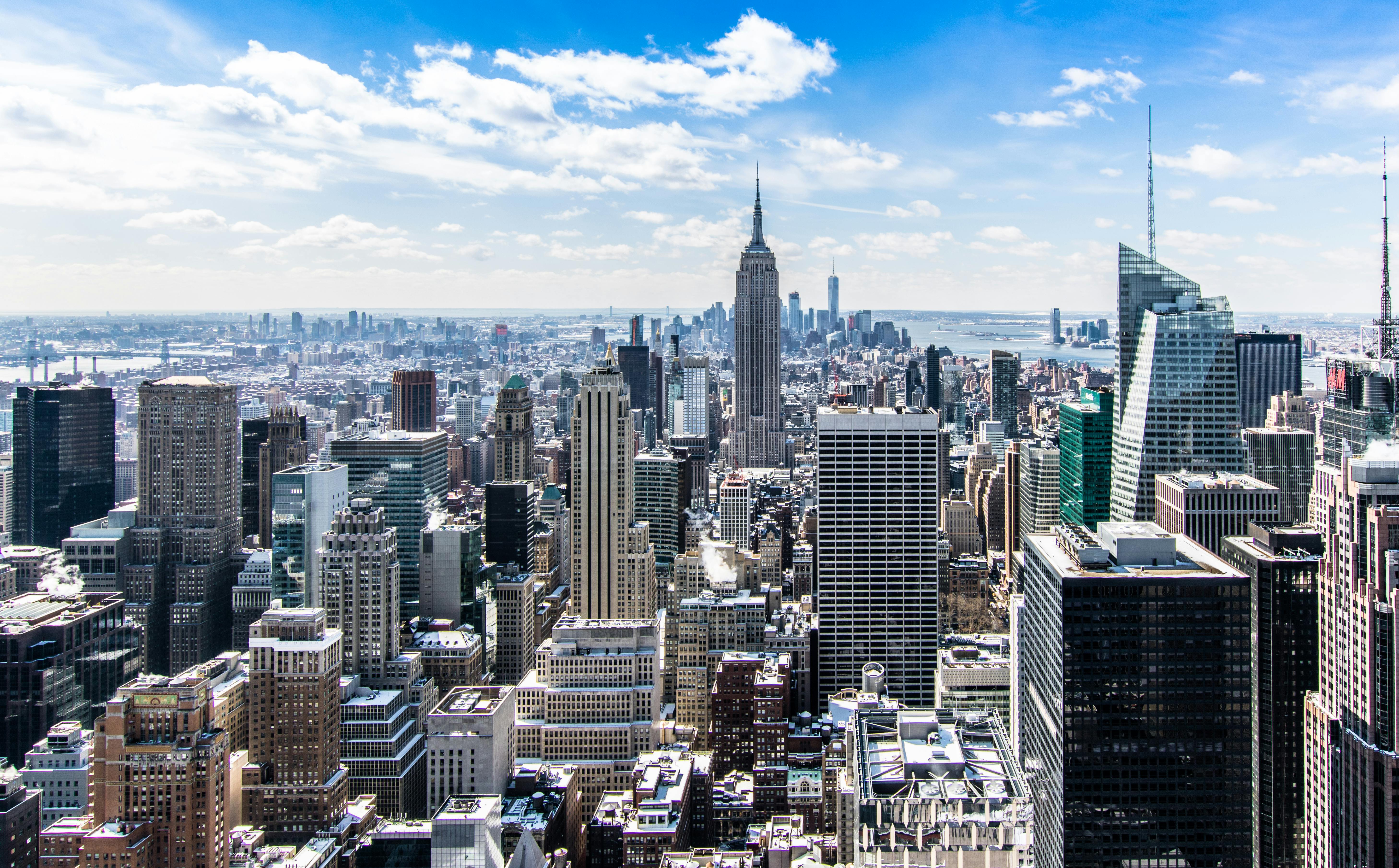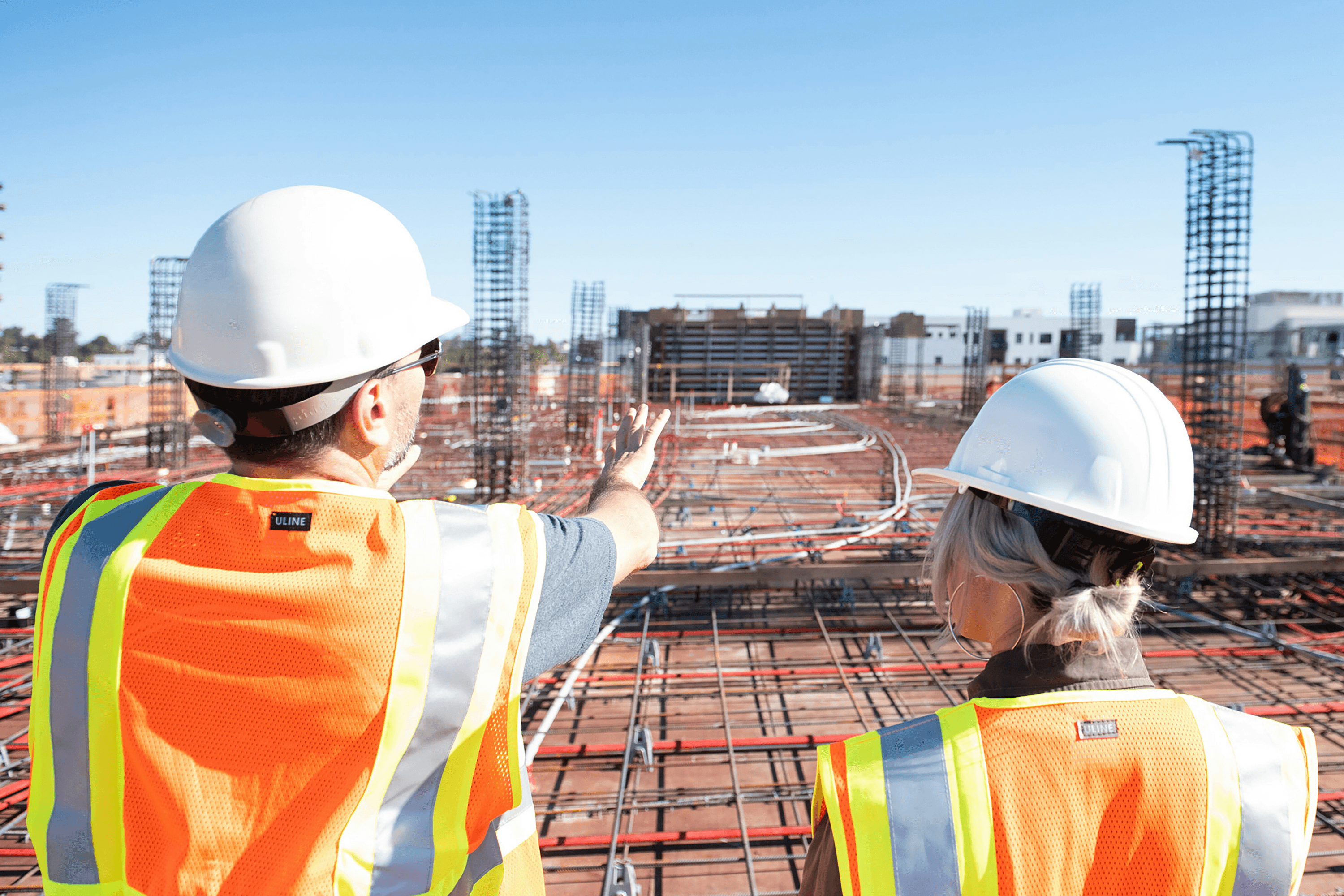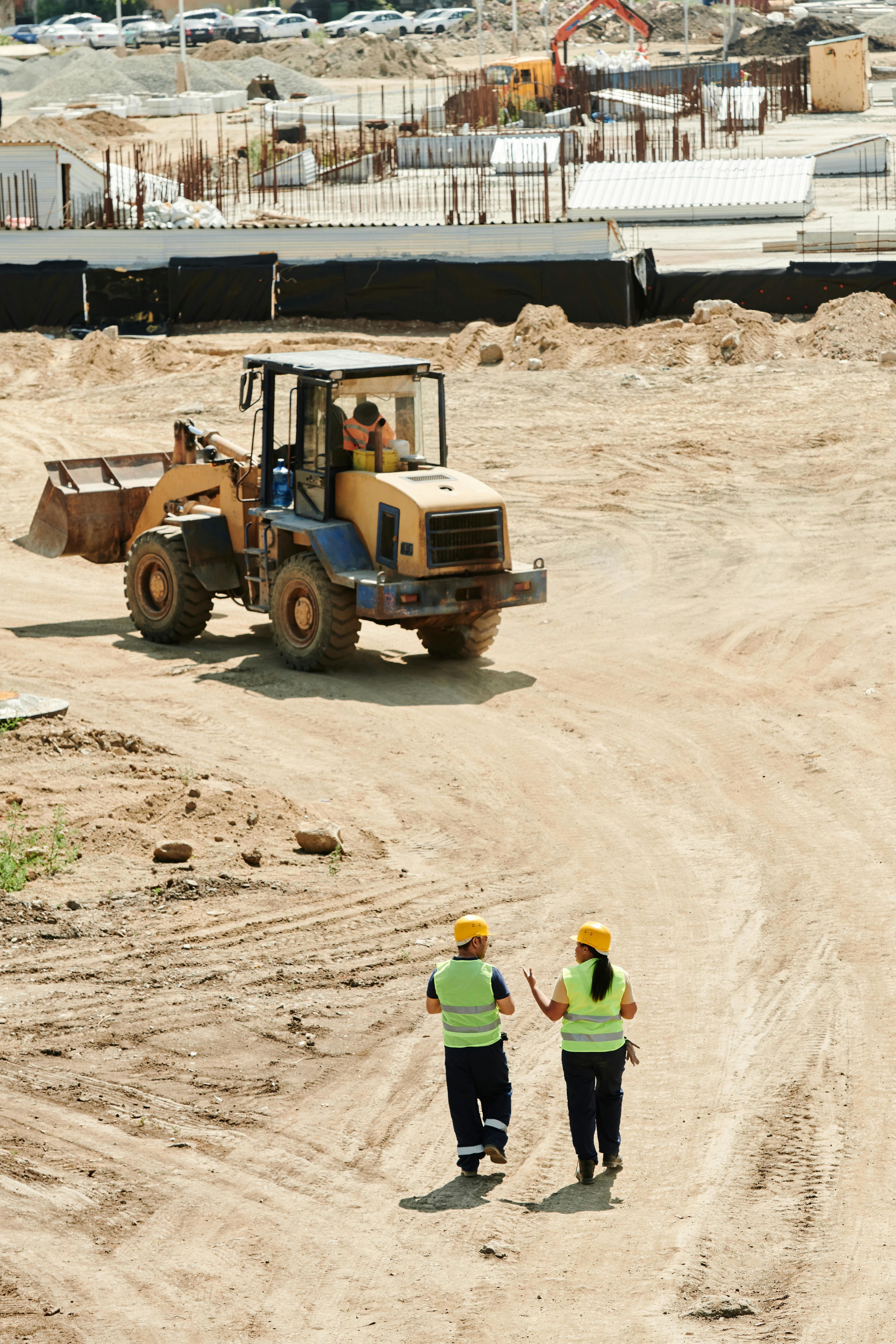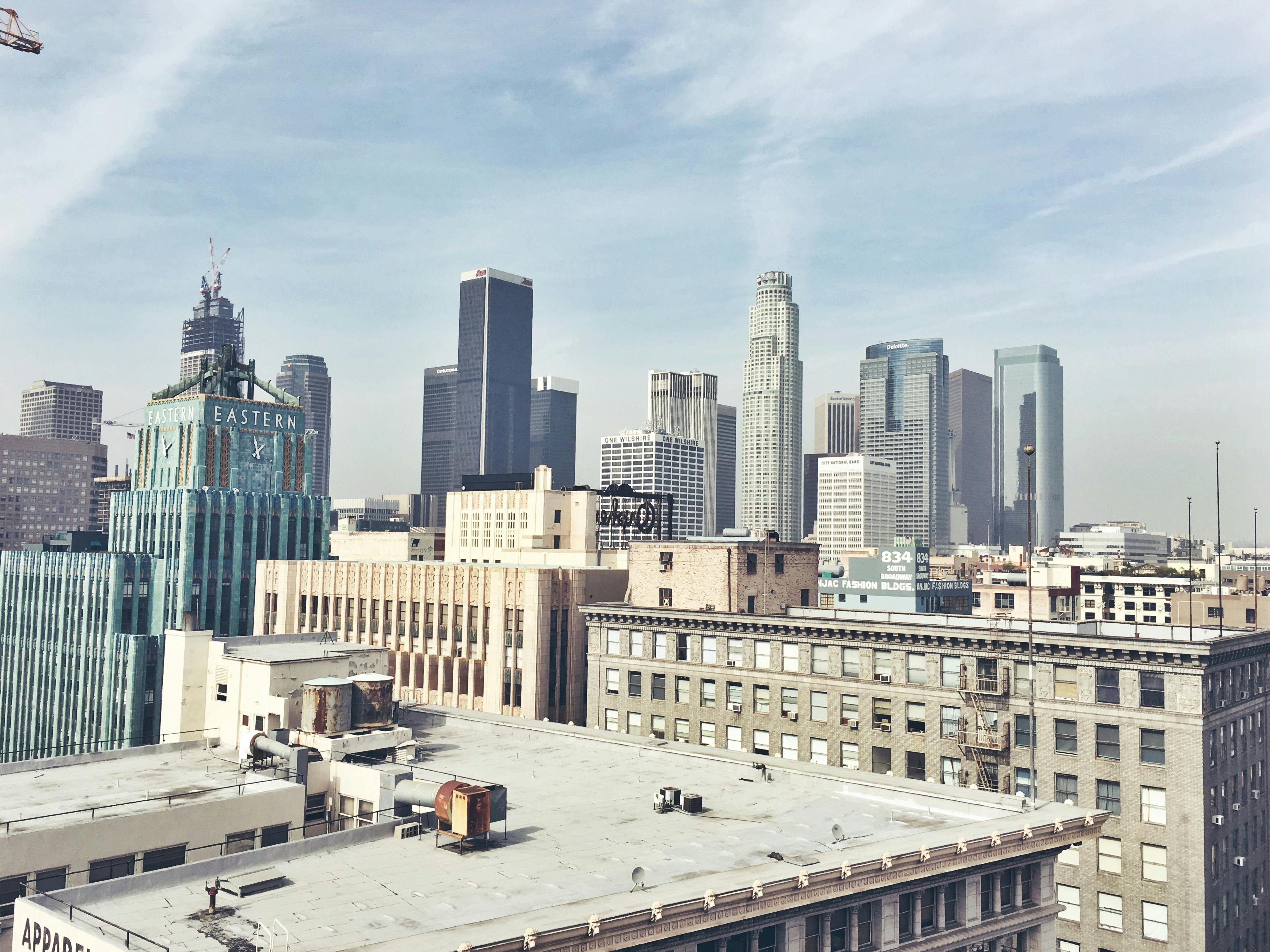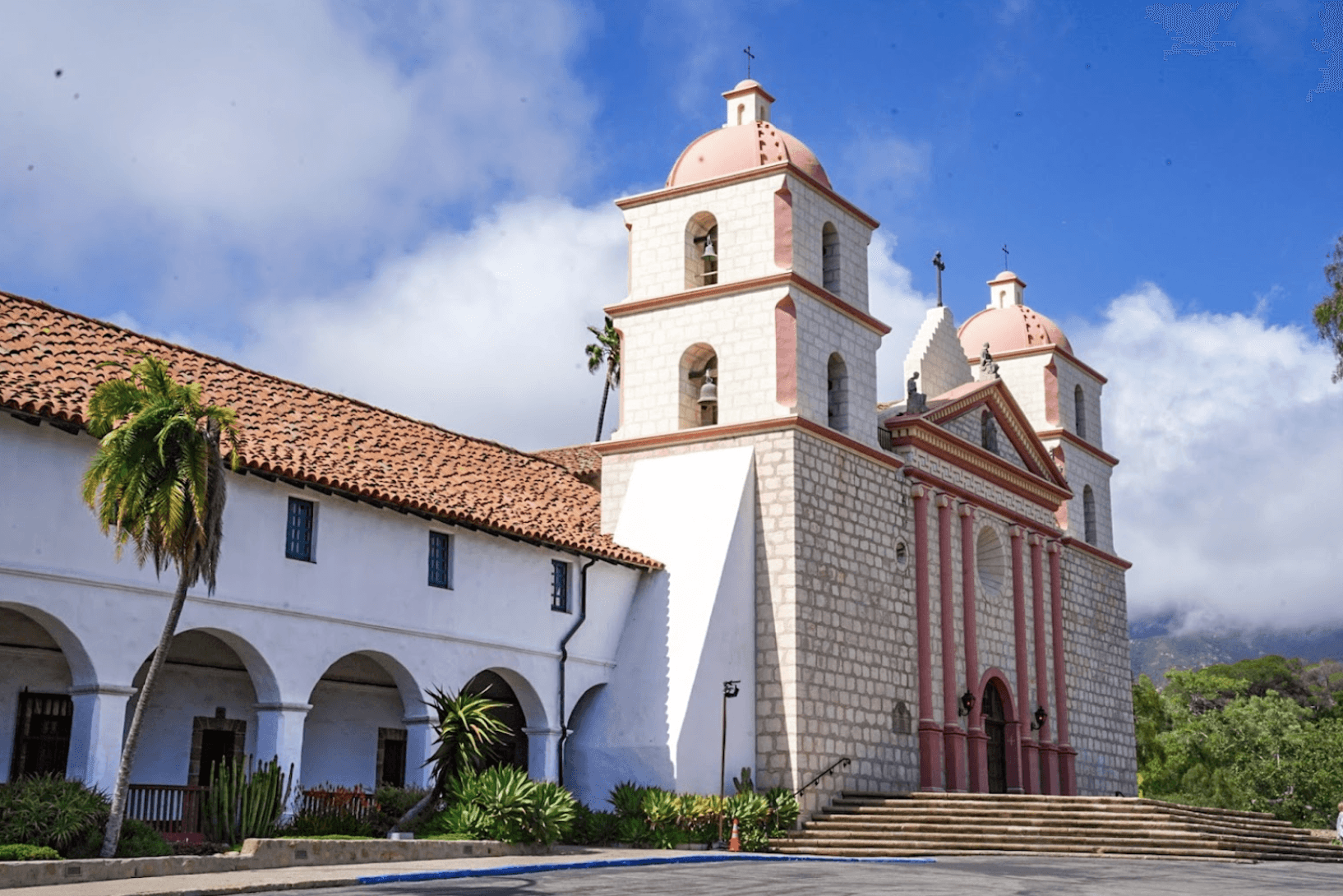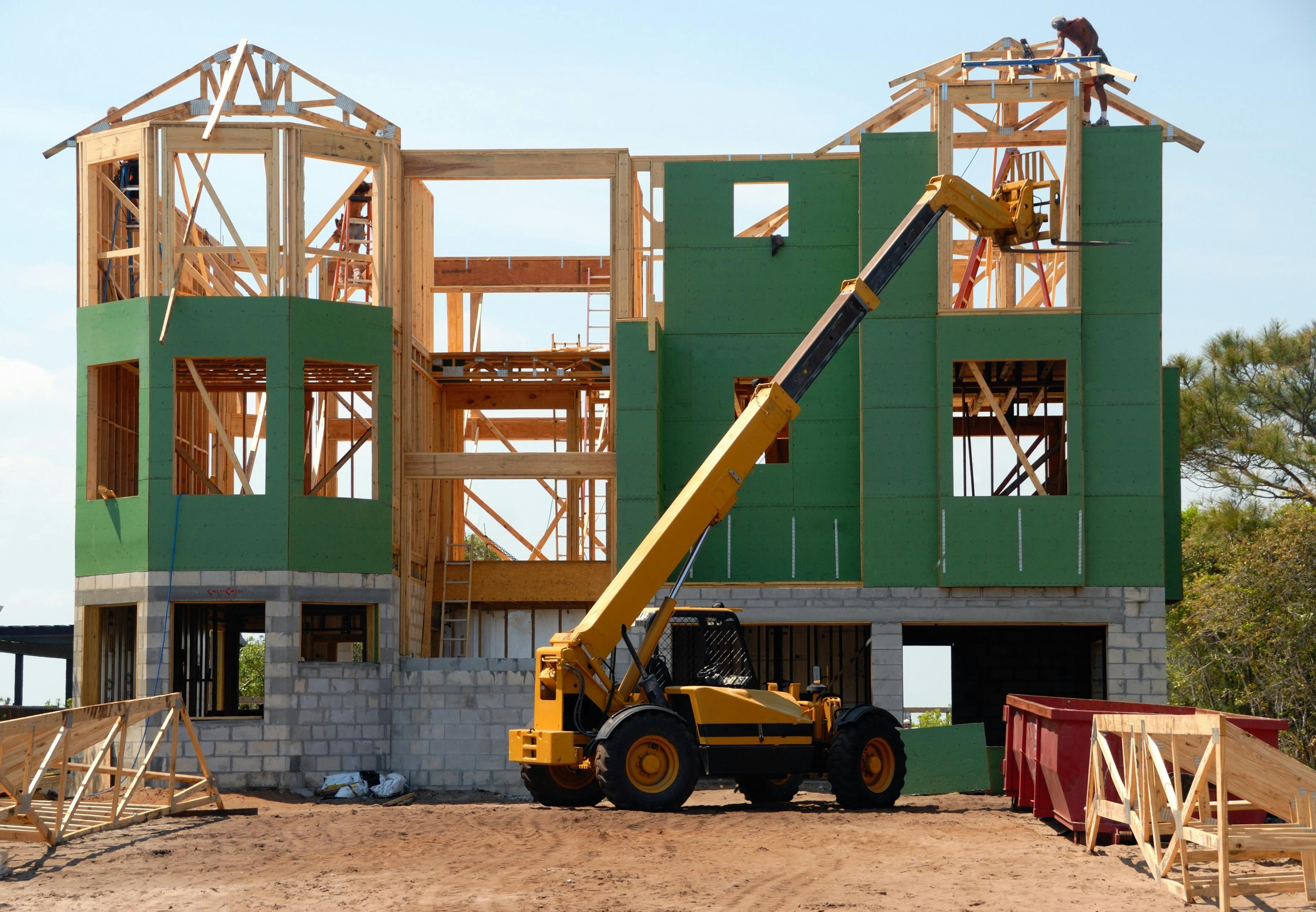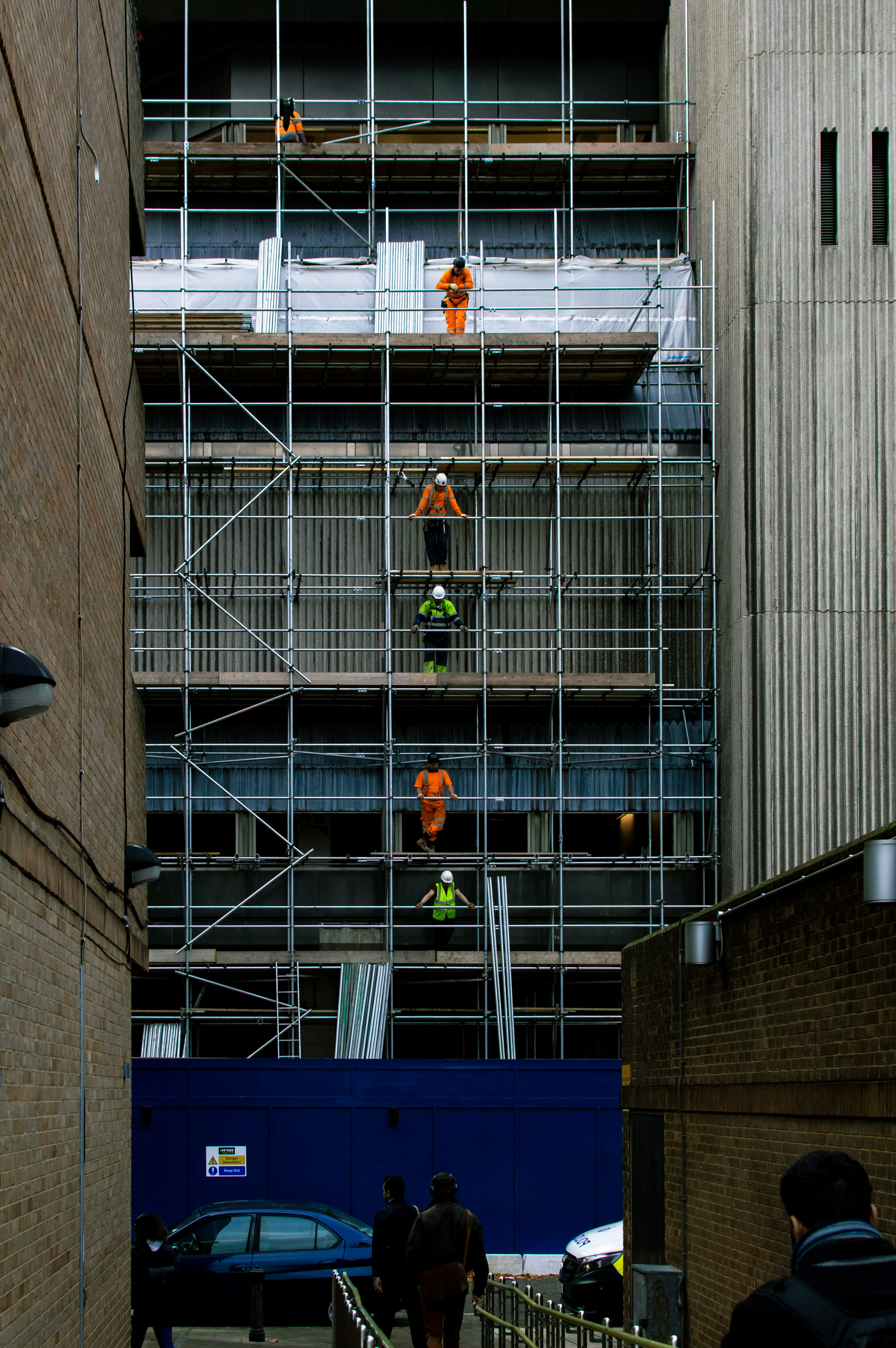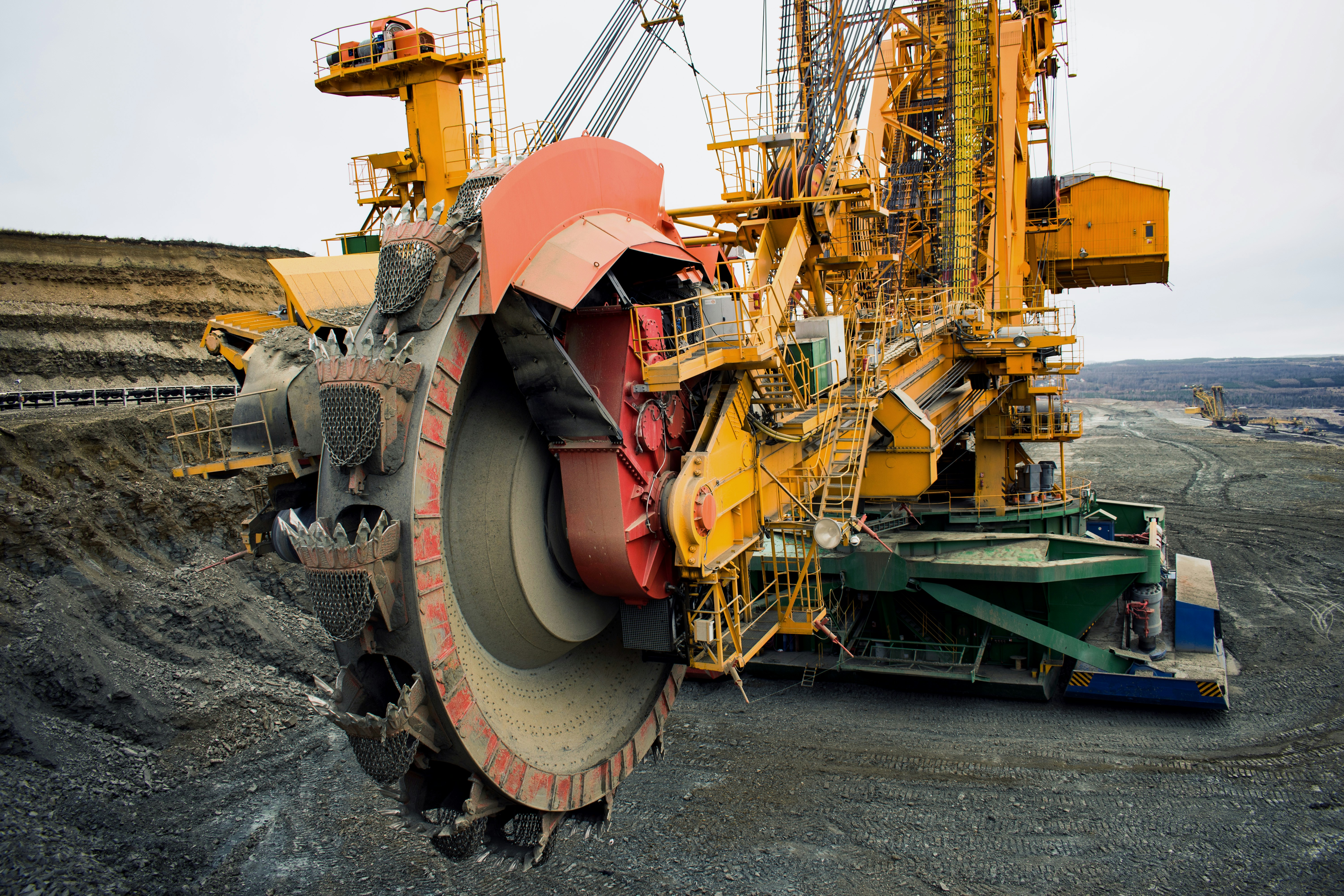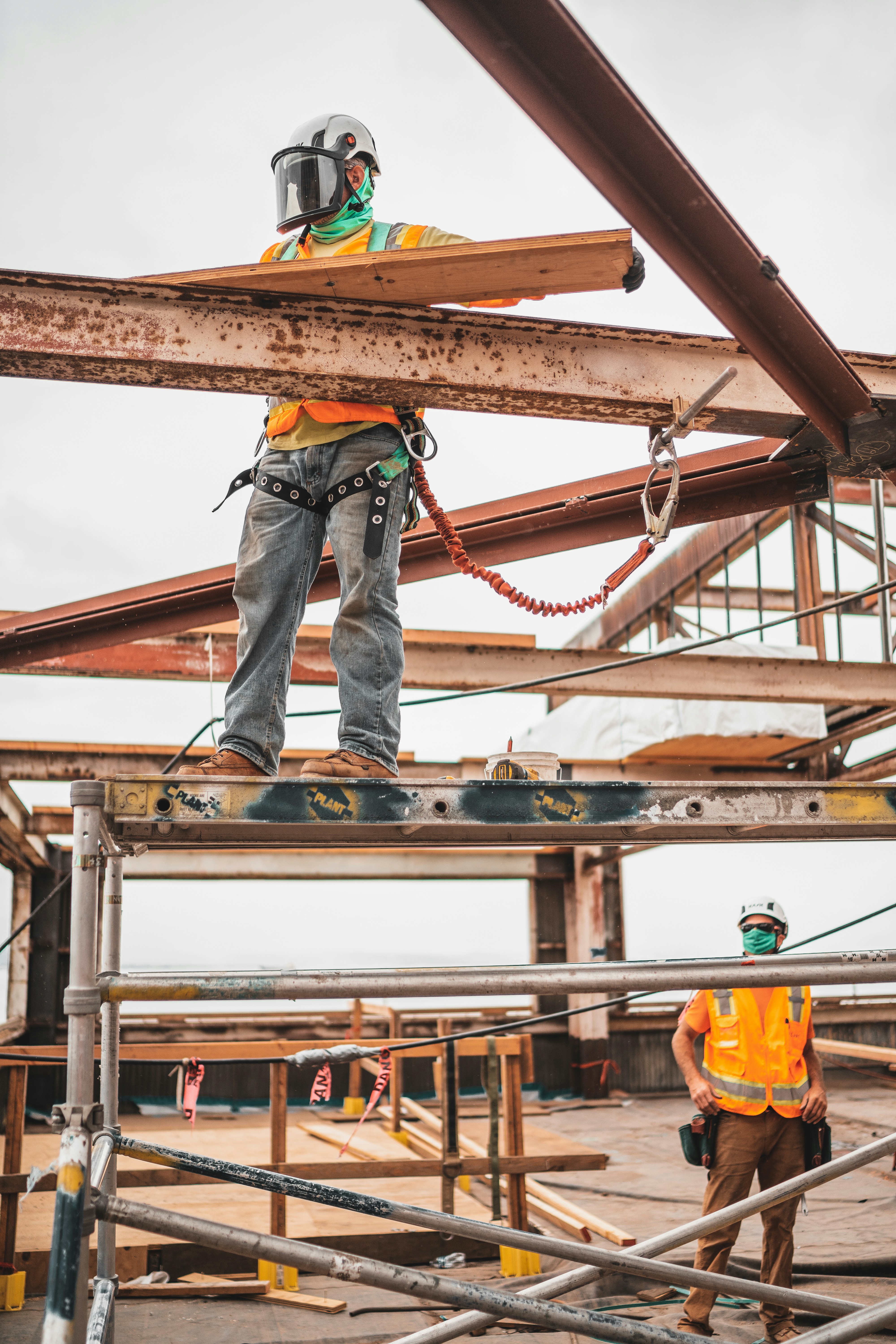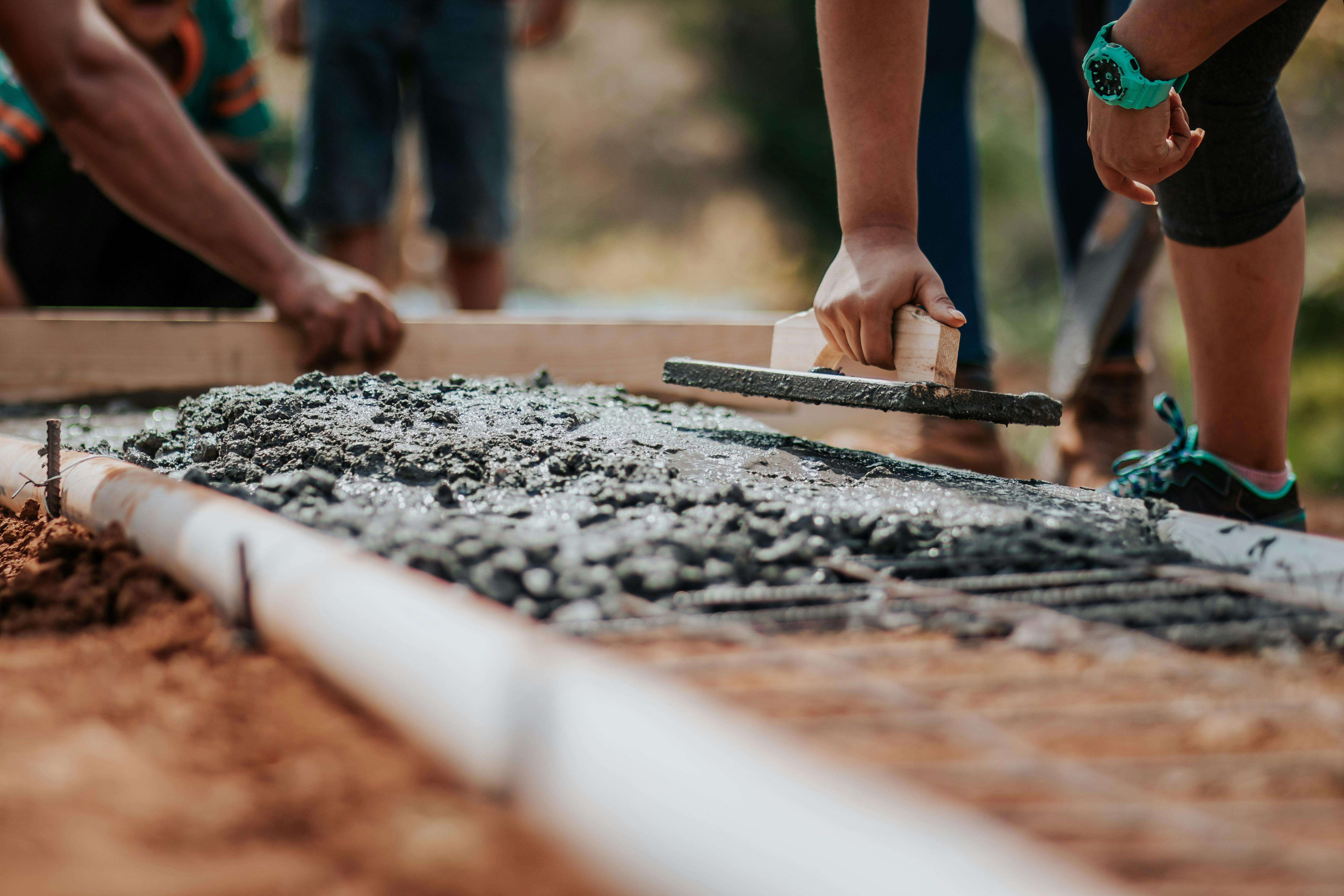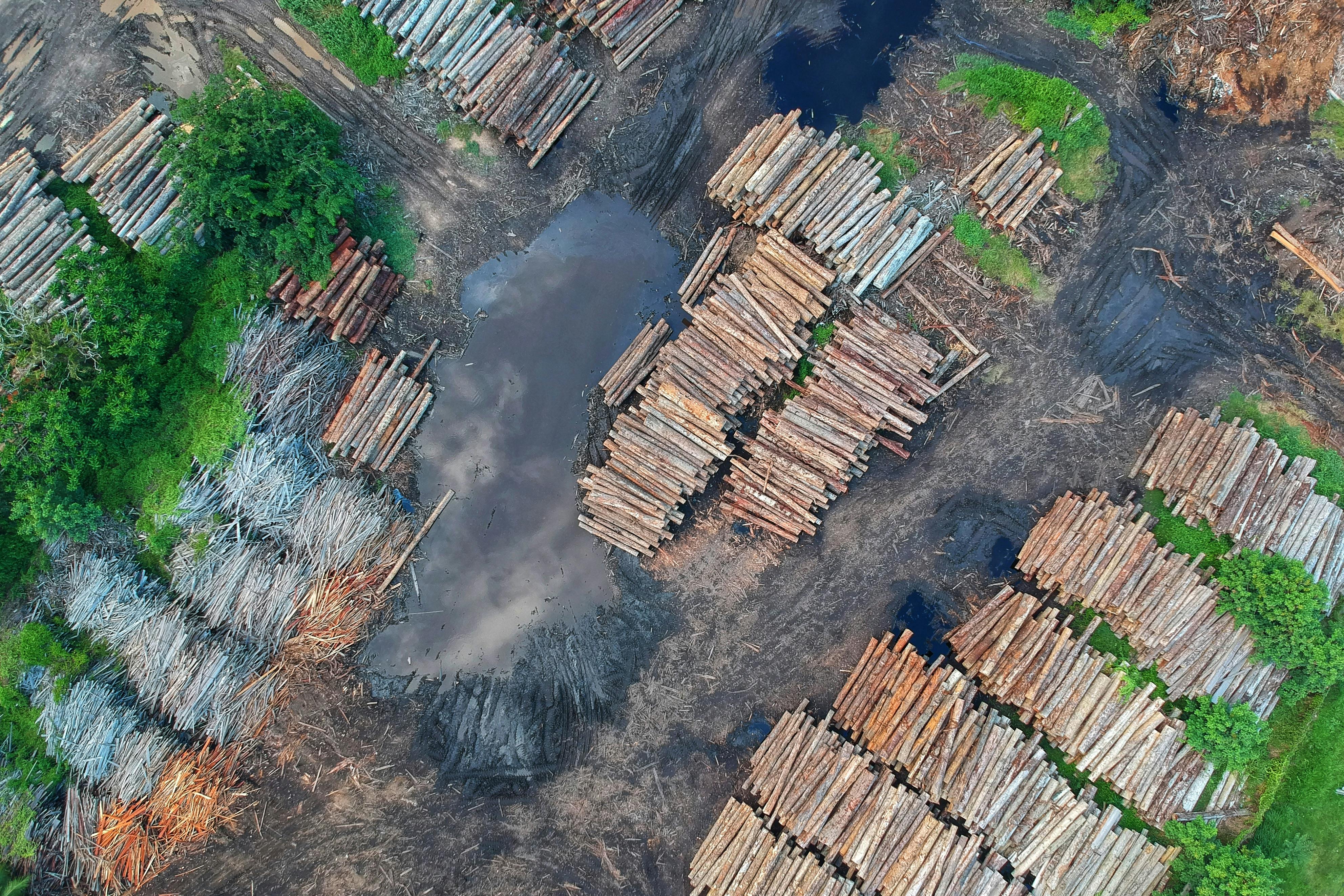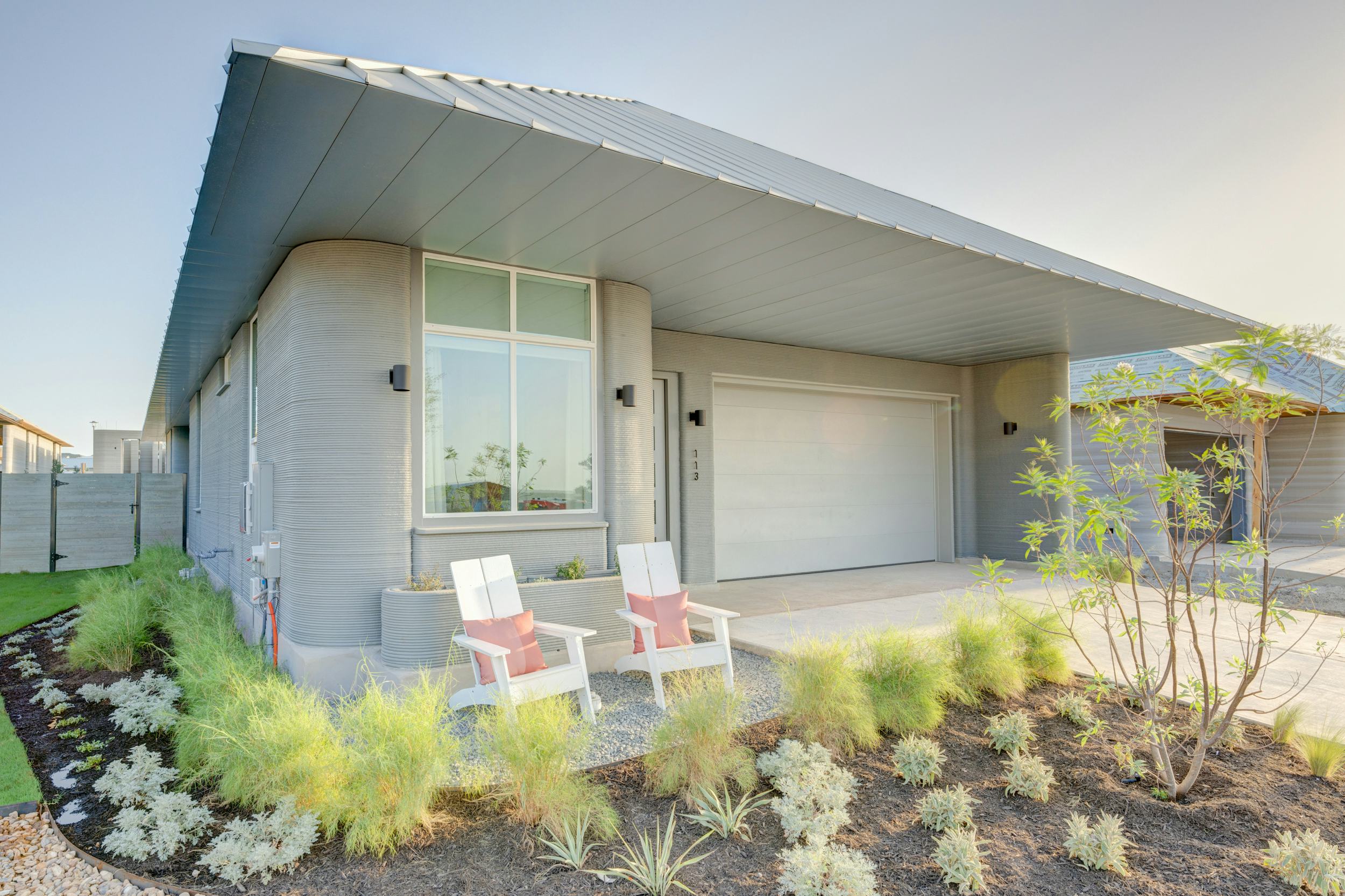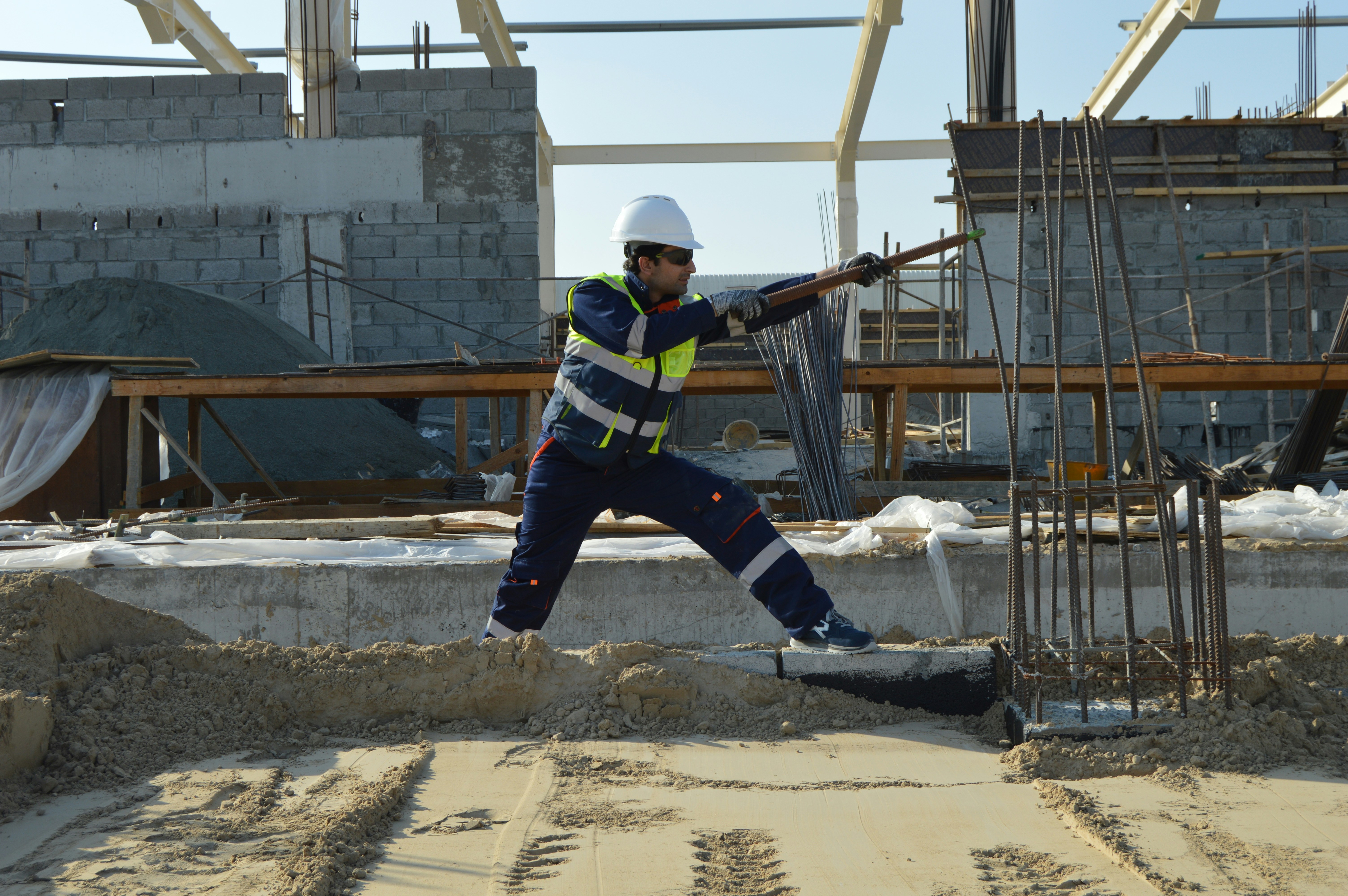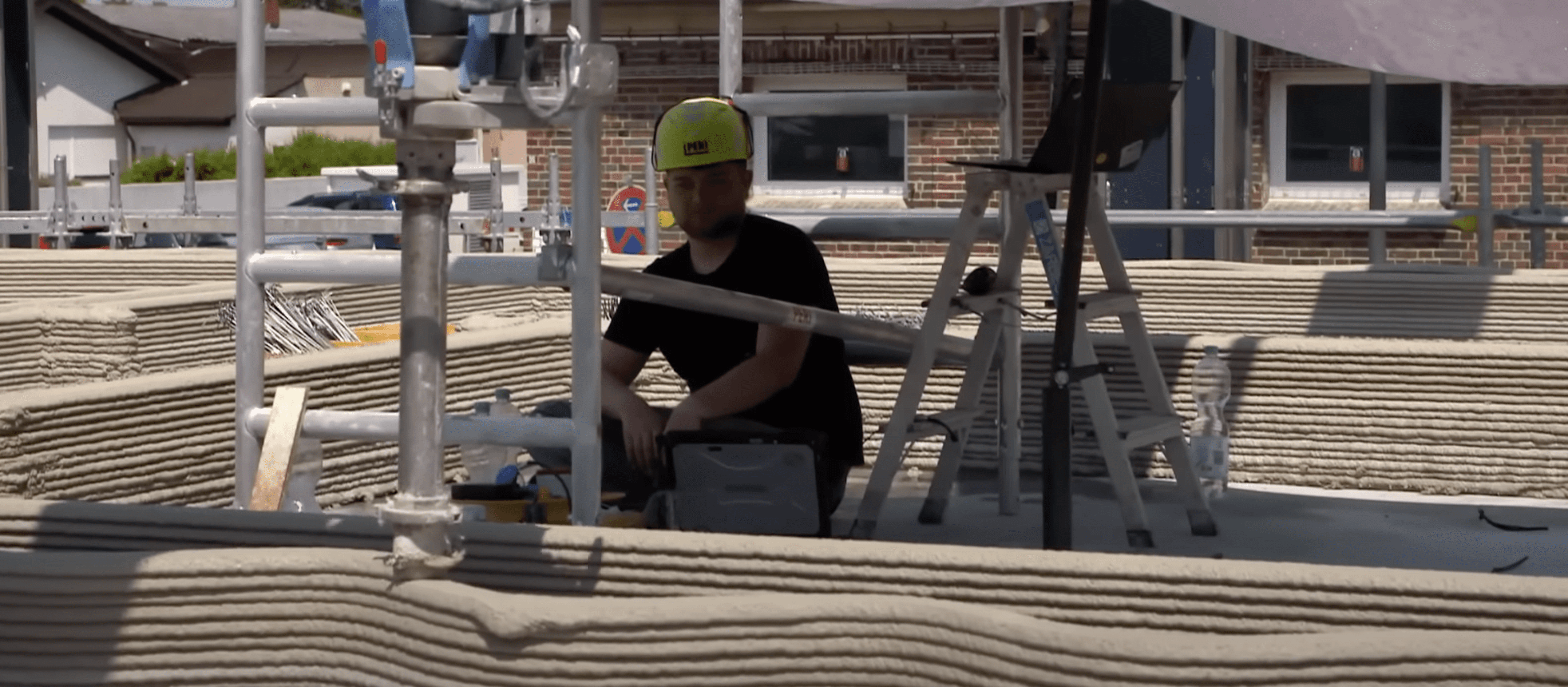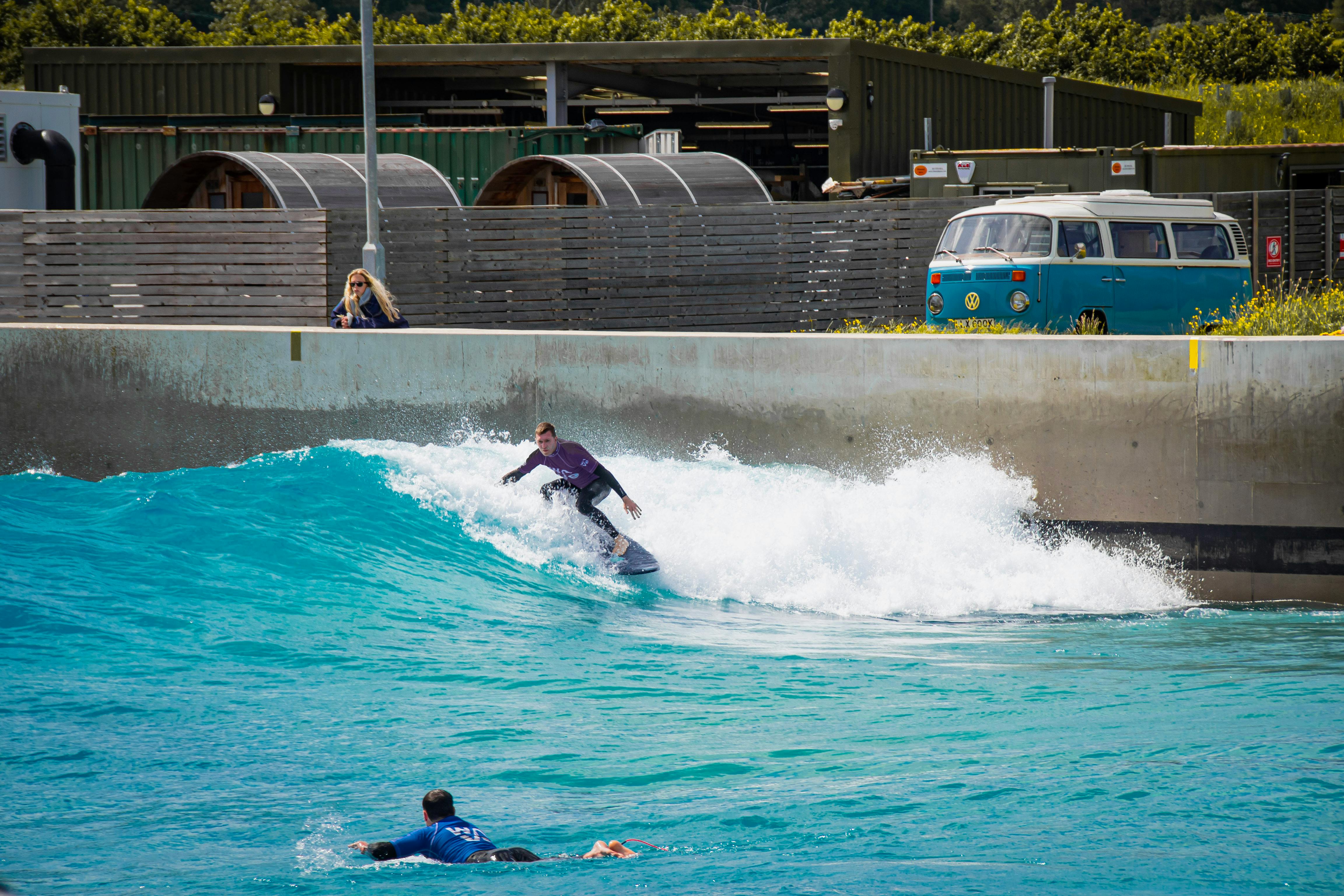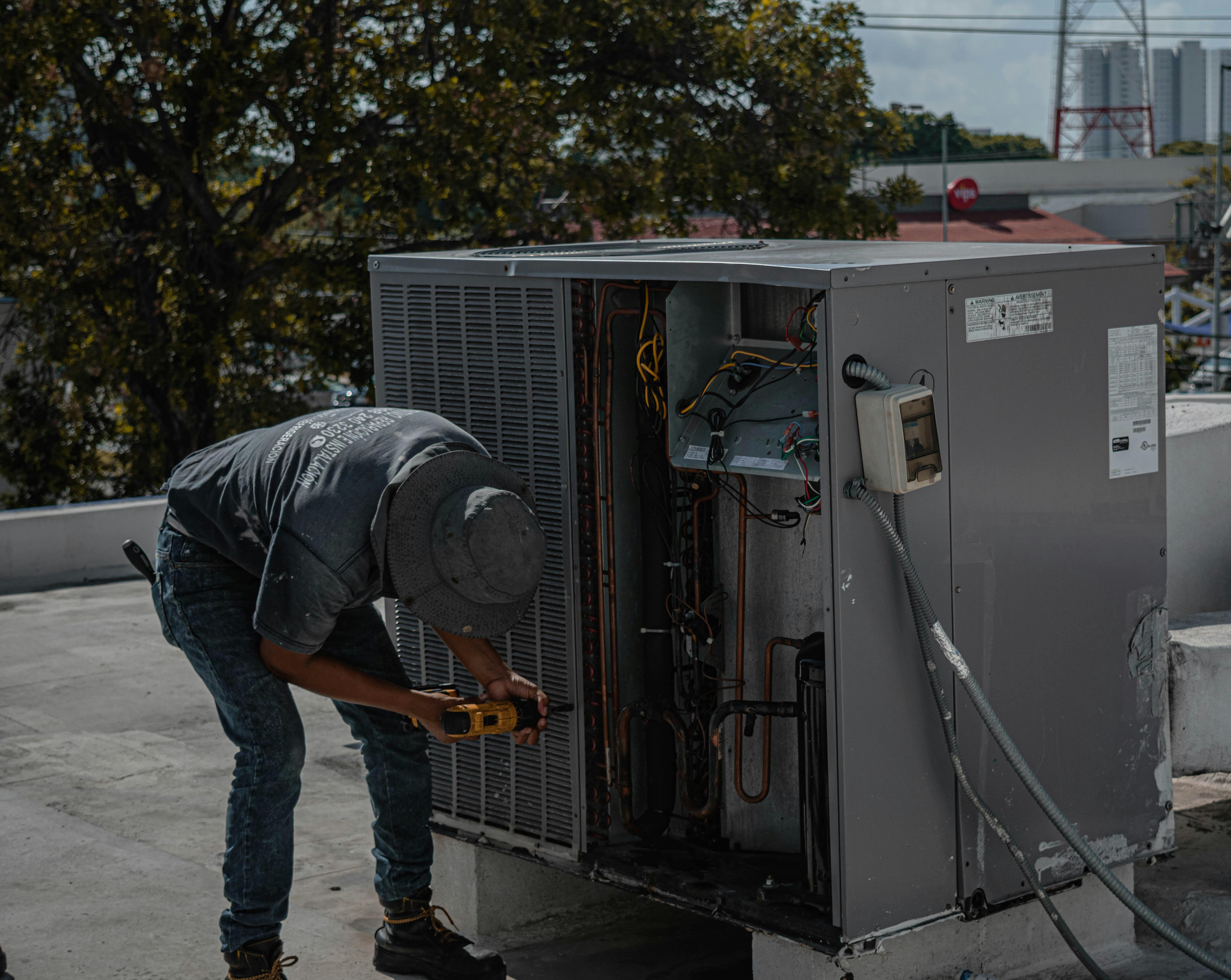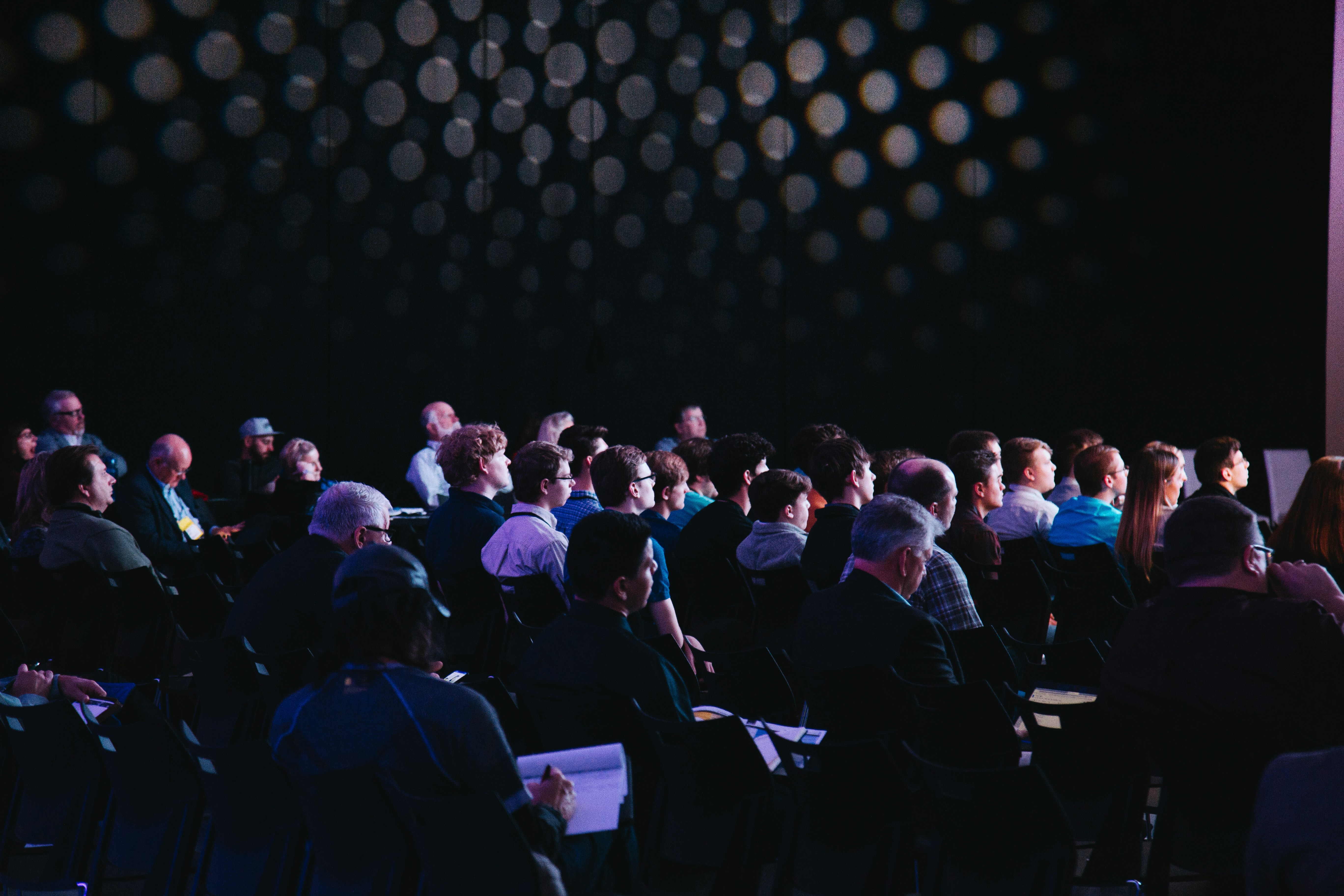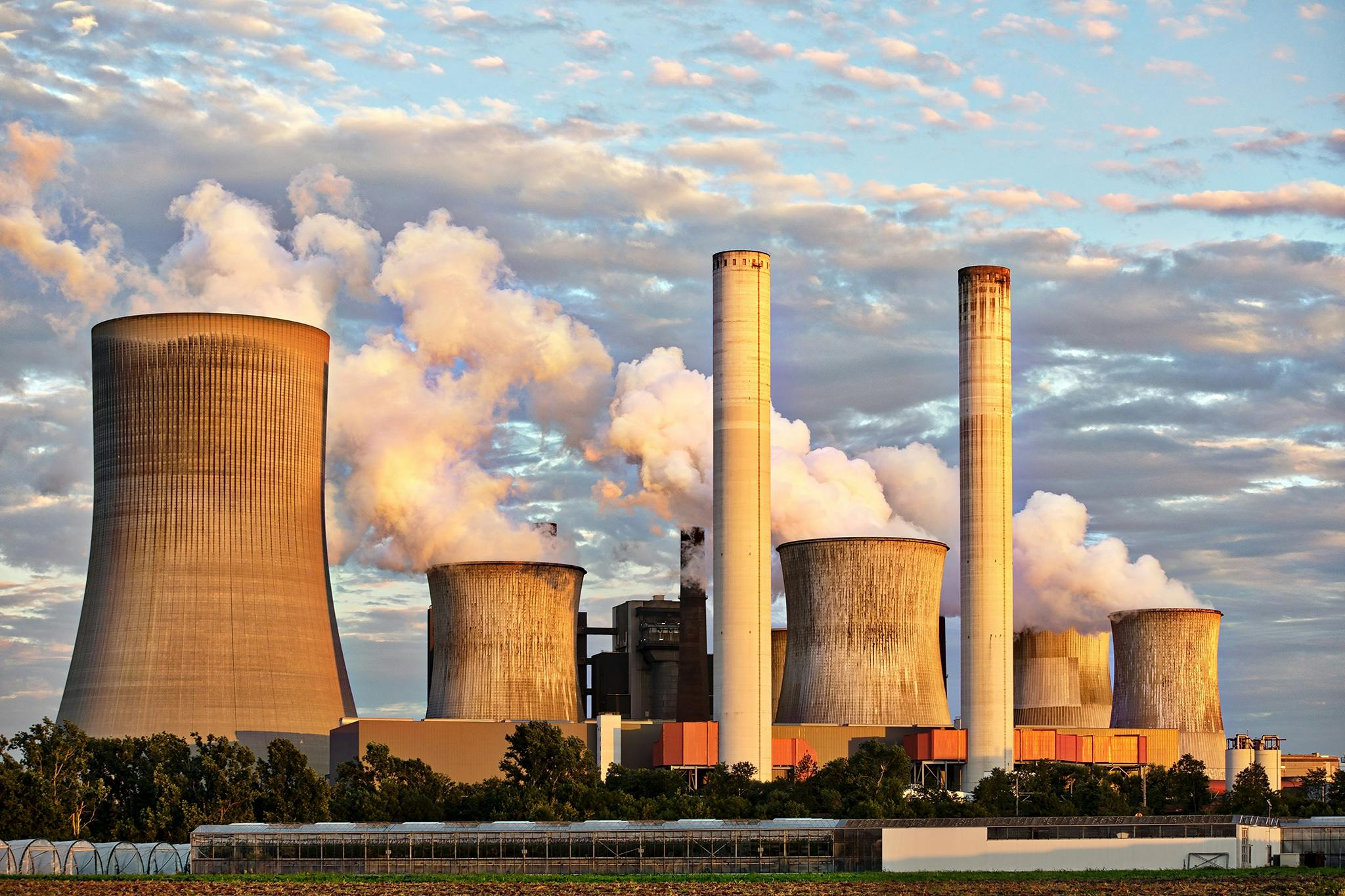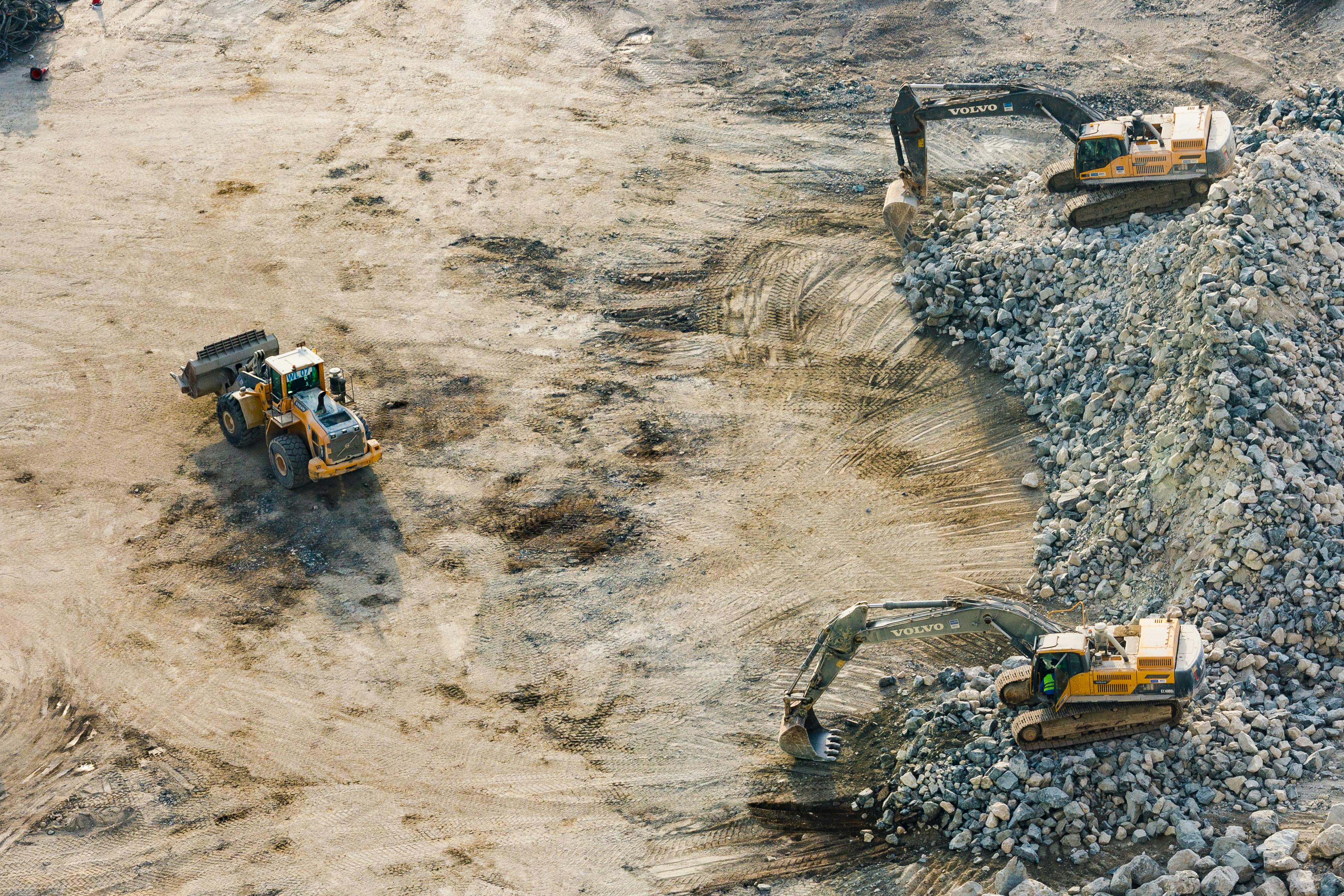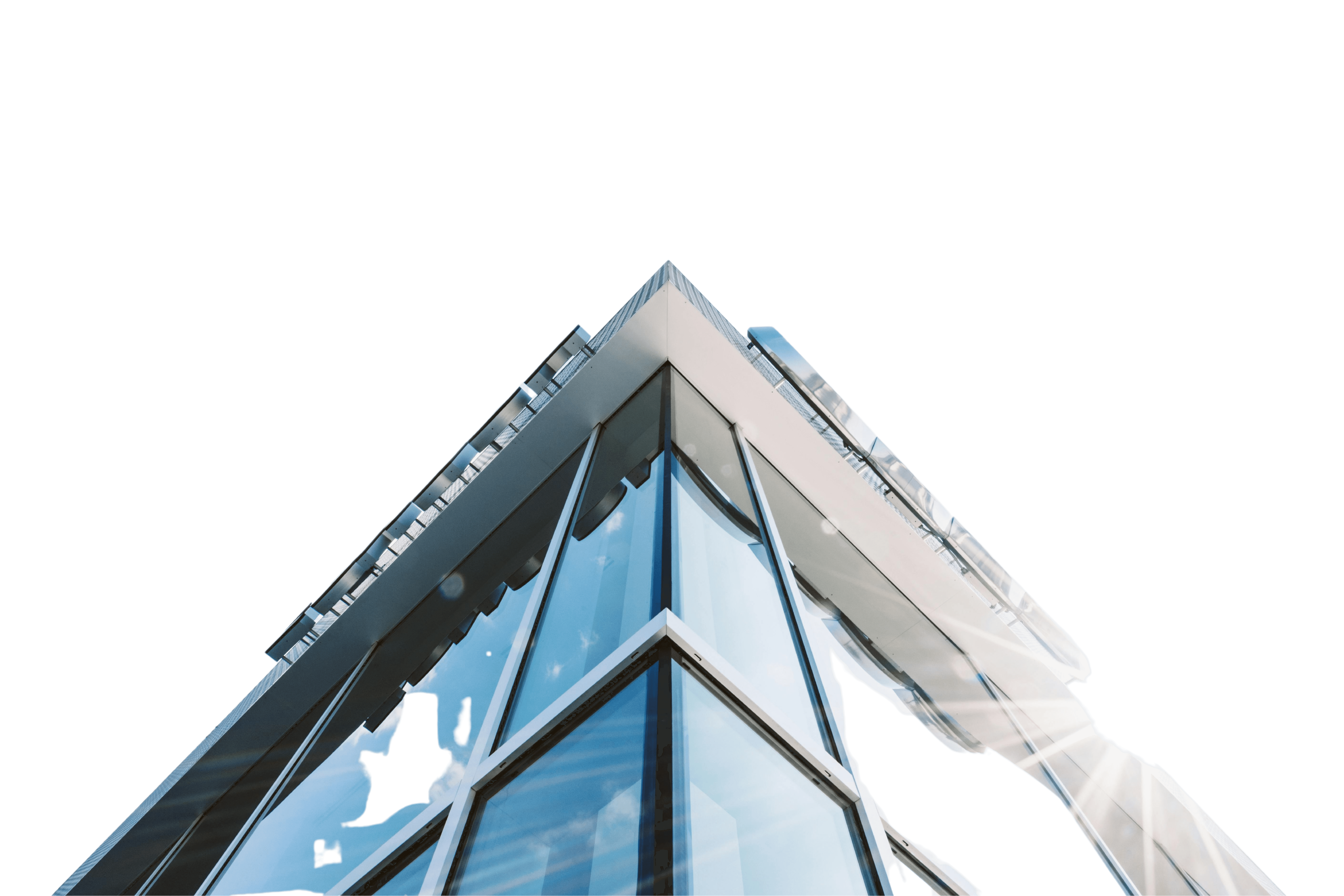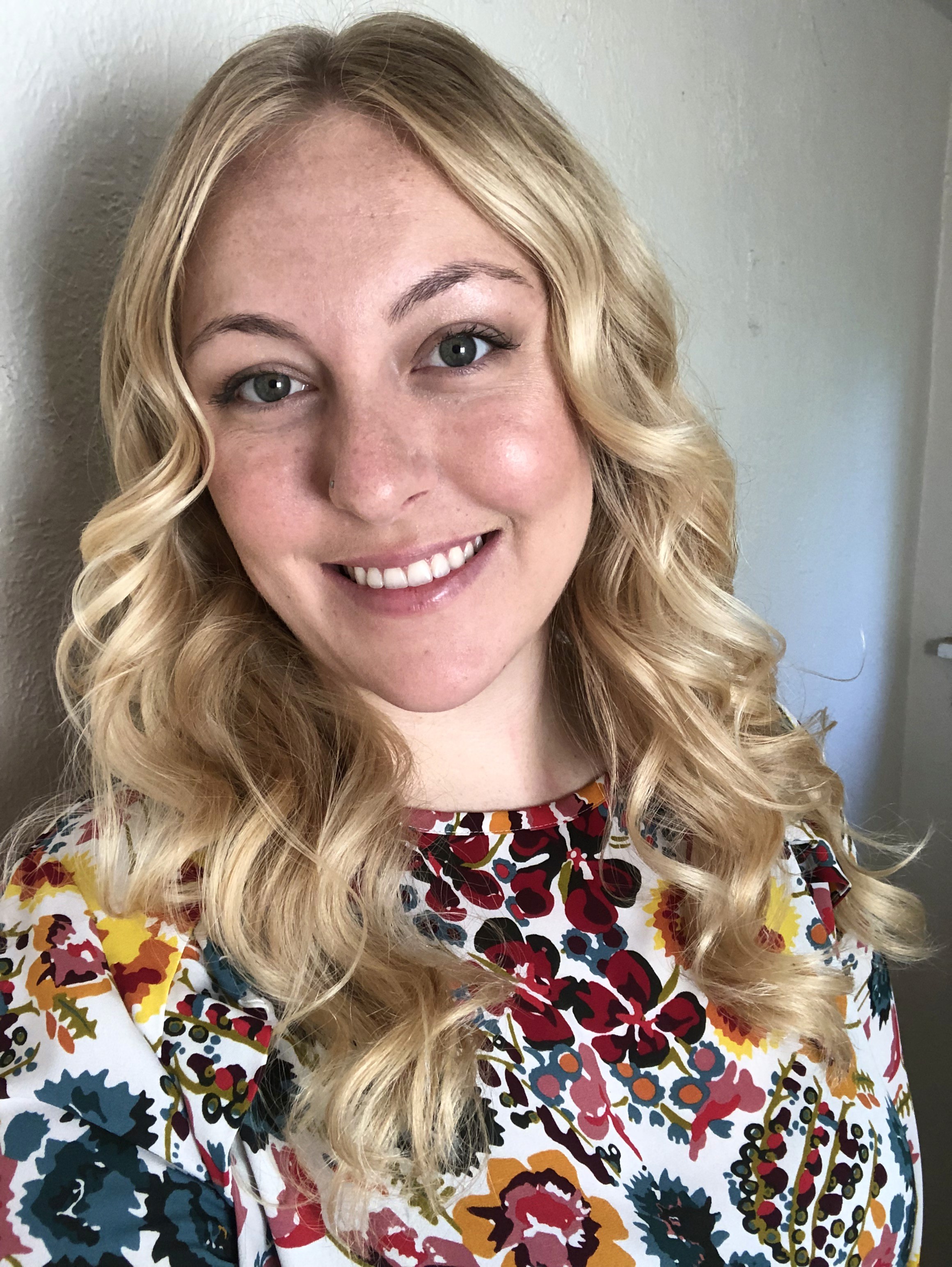
In a surprising development for the renewable energy sector, Meyer Burger, a prominent name in solar cell manufacturing, has announced a significant change in its expansion strategy. The company has decided to halt its planned $400 million solar cell production facility in Colorado Springs, Colorado. This decision reflects a broader trend of reevaluating major infrastructure projects as economic conditions shift across the United States, highlighting the financial headwinds currently impacting capital-intensive sectors like renewable energy.
Economic Pressures and Strategic Realignment
Meyer Burger’s initial plans were ambitious, aiming to transform a former Intel semiconductor plant in Colorado into a cutting-edge solar cell manufacturing hub. The project was expected to leverage financial incentives from the Inflation Reduction Act’s 45X tax credits, which offer either cash or reduced tax liabilities, providing a substantial boost for large-scale capital projects. However, with the recent climb in interest rates and fluctuating economic outlooks, the company has been forced to reassess its financial strategy.
Instead of moving forward with a plan that would involve a considerable debt load, Meyer Burger has opted to pause and reconsider. This decision highlights a growing trend among renewable energy companies to reevaluate capital expenditure as they adapt to the evolving economic landscape. The shift marks a cautious approach, prioritizing financial stability over rapid expansion in uncertain times.
The Bigger Picture: What This Means for Future Projects
Meyer Burger’s decision to hit pause does not just impact its Colorado Springs initiative; it also places its planned expansion in Goodyear, Arizona, on hold. As financial conditions tighten, companies in capital-intensive sectors like solar manufacturing are increasingly taking a more measured approach to growth. This shift in strategy suggests that businesses are recalibrating their priorities, focusing on sustainable development rather than aggressive expansion.
The company has also postponed its planned partnership with a U.S.-based technology collaborator that was set to integrate with these new facilities. This step indicates a broader trend of revisiting partnership models and construction schedules in response to volatile market conditions. The move towards cautious planning reflects the industry’s need to navigate the unpredictable waters of today’s economic environment.
Navigating the Impact of Rising Interest Rates and Economic Volatility
Meyer Burger’s strategic pause serves as a stark reminder of how external economic factors, such as rising borrowing costs and unstable market conditions, can influence major infrastructure decisions. Projects that once appeared financially sound or strategically crucial are now being reevaluated or delayed as companies aim to minimize risk and conserve resources. Even sectors with strong growth potential, like solar energy, are feeling the effects of these pressures.
For Meyer Burger, this shift means refocusing on its well-established production facility in Thalheim, Germany. By consolidating its operations there, the company seeks to mitigate the risk of overextending in an unpredictable market, aiming to maintain stability and steady output from its European base. This move underscores a broader strategy of conserving capital and reducing exposure to volatile market dynamics.
Preparing for Future Challenges: A Focus on Resilience and Adaptability
For those in the construction and renewable energy fields, Meyer Burger’s recent actions emphasize the critical need for agility and strategic planning. As financial conditions continue to evolve, businesses must carefully consider the trade-offs between expansion and the potential risks associated with increased debt and uncertain returns. Navigating this complex landscape requires a balanced approach that emphasizes financial resilience and a readiness to pivot as needed.
The solar industry, like many others, must remain adaptable, informed, and proactive in the face of economic shifts. Meyer Burger’s recalibrated strategy may well become a model for other manufacturers and developers seeking to find sustainable growth paths in a rapidly changing environment. By prioritizing stability and being prepared to adjust plans, companies can better weather the financial uncertainties that lie ahead.
Conclusion: Charting a Sustainable Path Forward
Meyer Burger’s decision to pause its U.S. expansion plans reflects a broader recalibration happening across the renewable energy sector. As companies face tightening economic conditions, the focus is shifting toward building robust financial foundations and avoiding overextension. For solar manufacturers and developers, staying flexible, evaluating risks carefully, and preparing for swift pivots will be key to navigating the unpredictable road ahead. As the industry evolves, those who embrace strategic foresight and adaptability will be best positioned to thrive in the new economic landscape.
Looking Ahead
The construction industry's future looks cautiously optimistic. The recent groundbreakings of major projects reflect ongoing investment and confidence in key sectors. As interest rates stabilize and potentially decrease in 2024, we may see a resurgence in construction activity, unlocking the potential for delayed projects to move forward. At Paragon, we remain committed to navigating these economic shifts, providing the expertise and adaptability needed to thrive in an evolving market.
Stay tuned for more updates on groundbreaking projects and trends shaping the construction industry.
Sources: https://www.constructiondive.com/news/solar-cell-manufacturer-meyer-burger-colorado-plant/725419/

